30 Books Everyone Should Read At Least Once In Their Lives
30 Books Everyone Should Read At Least Once In Their Lives
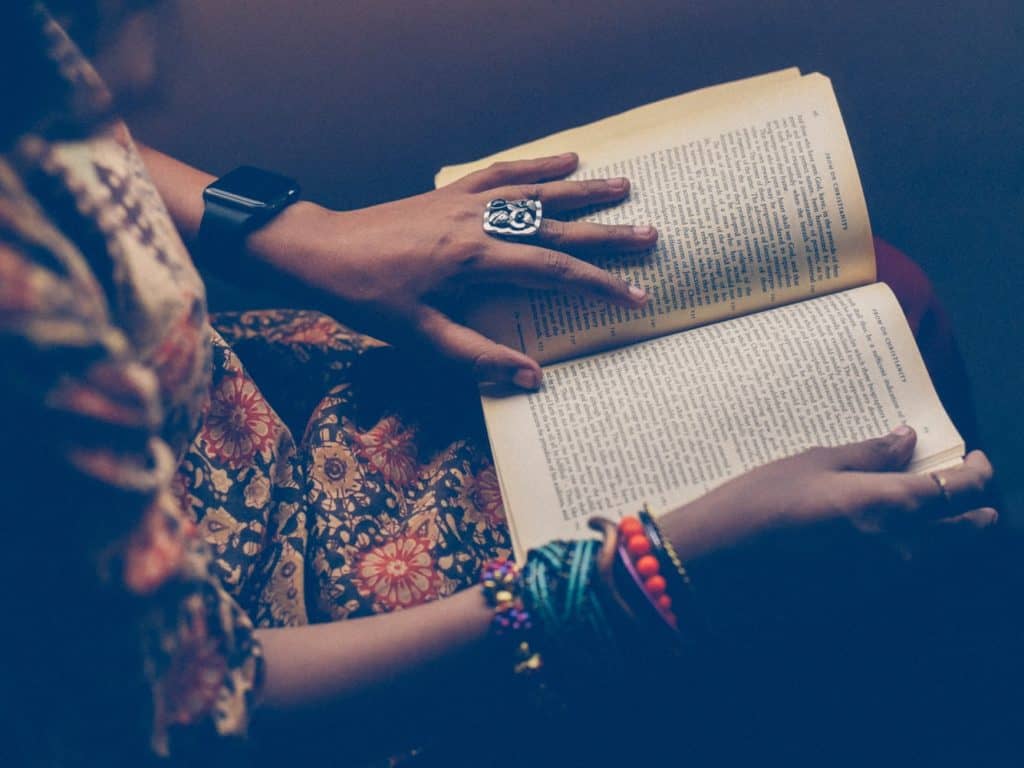
The greatest books are defined as classics for a reason. Written by the greatest literary minds of their time, they have universal themes, characters, experiences, emotions and perspectives that are still relevant today. Some of them are the very inspiration from which entire modern genres of literary fiction have sprung up from.
If you love reading, here’s a perfect reading list for you. Even if you aren’t so much into reading, here’re 10 reasons to love reading.
Everyone should read at least once for these 30 books — some are well known classics, others are modern giants. All are well worth reading at least once in your life!
1. To Kill a Mockingbird, by Harper Lee
Published in 1960, this timeless classic explores human behaviour and the collective conscience of The Deep South in the early 20th century. Humour entwines the delicate strands of prejudice, hatred, hypocrisy, love and innocence to create one of the best novels ever written.
2. 1984, by George Orwell
Although 1984 has passed us by, George Orwell’s dystopian, totalitarian world of control, fear and lies has never been more relevant. Delve into the life of Winston Smith as he struggles with his developing human nature in a world where individuality, freewill and love are forbidden.
3. Harry Potter and the Philosopher’s Stone, by J.K. Rowling
I’m willing to bet you’ve heard of Harry Potter, but have you read the books? Join Harry Potter as he begins his journey into the world of magic, where he is the celebrated Boy Who Lived. Visit Hogwarts, meet your favourite characters and watch Harry grow into the one of the most famous literary characters in the world.
4. The Lord of the Rings, by J.R.R. Tolkien
Middle Earth is a wonderful, expansive fantasy world filled with turmoil, heroes, evil and innocence. Although our protagonist Frodo Baggins’ quest seems impossible to complete, this trilogy is a tale of triumph in the most impossible circumstances.
5. The Great Gatsby, by F. Scott Fitzgerald
Published in 1925, Fitzgerald’s The Great Gatsby explores the decadence of the Jazz Age, and one man’s introduction into a world where even those with the most indulgent lives cannot earn love.
6. Pride and Prejudice, by Jane Austen
One of the most famous novels of all time, Pride And Prejudice details the courtship of two opposed characters in a world where manners and courtesy are of the utmost importance.
7. The Diary Of A Young Girl, by Anne Frank
Unforgettable and deeply influential, Anne Frank’s diary is a raw account of a young girl’s life as she hides from the Nazis. Despite her circumstances, Anne believes that people are still good at heart and that the world is full of beauty: she will change your life.
8. The Book Thief, by Markus Zusak
Set in Germany during 1939, The Book Thief follows Liesel as she rescues books from the tyranny of Nazi rule. Meanwhile, her family has hidden a Jewish fighter in their basement and death looks down on the family, narrating our tale. Experience bravery that is rarely found in the world, and friendship that is formed in the most unlikely of situations.
9. The Hobbit, by J.R.R. Tolkien
Although the movies are inexplicably long, The Hobbit was originally written as a short children’s book. Meet your favourite characters for the first time as the unforgettable Bilbo Baggins traverses the harsh landscapes of Middle Earth to challenge a dragon.
10. Little Women, by Louisa May Alcott
Join four sisters, each with their own prominent personality, as they come of age in charming 19th Century New England. Experience their struggles and revel in their flaws, as these girls become strong women.
11. Fahrenheit 451, by Ray Bradbury
Books are forbidden, and it is our main character Guy Montag’s job to burn any books he comes across. Often compared to George Orwell’s 1984, Ray Bradbury’s dystopian world is an unsettling commentary on Western societies’ addiction and dependence on the media and conformity.
12. Jane Eyre, by Charlotte Bronte
Arguably one of the most influential fictional heroines of all time, Jane Eyre is a strong, unbroken women despite her troubled childhood and repressed Victorian society.
Print | eBook | Audiobook
13. Animal Farm, by George Orwell
This famous 1945 satire, examines the realistic risks of revolution and the dynamics animals will inevitably give in to.
14. Gone with the Wind, by Margaret Mitchell
Set in The South during The Civil War, chances are if you love the movie you’ll love the book. Although the main character and the world she lives in is loathsome, readers’ opinions are twisted as this novel dishes out a fated justice when both Scarlett and The South lose their wars.
15. The Catcher in the Rye, by J.D. Salinger
Starring the original cynical adolescent, The Catcher In The Rye explores the challenges and isolation of adolescence. Decipher your own message as you follow sixteen-year-old Holden Caulfield, in this novel that has split audiences for decades.
16. Charlotte’s Web, by E.B. White
Team up with Charlotte, a loving and generous spider, and Fern, a farmers daughter as they try to save Wilbur the piglet from becoming breakfast. Charlotte’s Web is a compelling reminder to bask in the simplistic wonders of everyday life, and to be kind to all living creatures.
17. The Lion, the Witch, and the Wardrobe, by C.S. Lewis
Another renowned fantasy world, Narnia is the home of hundreds of magnificent creatures each with their own origins, morals and ideals. Let you imagination run wild as you enter the wardrobe and meet some of the most famous literary characters in history.
18. The Grapes of Wrath, by John Steinbeck
Published in 1939, this novel set during The Great Depression follows one Oklahoma family as they are forced to travel to California. Experience America in a tale where it’s people are divided into the haves and have-nots, the powerful and the powerless.
19. Lord of the Flies, by William Golding
This classic novel follows the lives of boys marooned on an island as they regress into savages; and their beautiful, enjoyable island existence collapses into a primitive and cruel nightmare.
20. The Kite Runner, by Khaled Hosseini
A story of true friendship, The Kite Runner follows Amir as he tries to find the only true friend he’s ever had – despite abandoning him due to ethnic and religious differences that were prominent in Kabul, Afghanistan.
21. Of Mice and Men, by John Steinbeck
Of Mice And Men is a complex story of a friendship between two migrant workers: George Milton and Lennie Small, in California. Watch their friendship develop as the pair work towards their modest dreams of owning their own land and pets.
22. A Tale of Two Cities, by Charles Dickens
Following eighteen years as a political prisoner, Dr Manette is released and returns to England with his daughter Lucie. There, two very different men fall in love with Lucie and become entwined in a tale of love and sacrifice.
23. Romeo and Juliet, by William Shakespeare
Perhaps the most famous love story ever written, Romeo and Juliet is an epic tragedy that explores the euphoria of desire and the tragedy of revenge.
24. The Hitchhikers Guide to the Galaxy, by Douglas Adams
Grab a towel and accompany human Arthur Dent on a fantastic adventure across the galaxy. Learn not to take the universe so seriously and forget any meaning you’ve applied to anything in your life, because we all know the real meaning of life is 42.
25. Wuthering Heights, by Emily Bronte
Published in 1847, this passionate and harrowing story of love, rivalry and revenge follows Catherine Earnshaw and her father’s adopted foundling Heathcliff as they grow into very different adults.
26. The Color Purple, by Alice Walker
Winner of multiple awards, The Color Purple is a devastating tale that tackles the lives of colored women in 1930s USA. Censored and challenged, the harsh reality displayed in The Color Purple will leave you shaken.
27. Alice in Wonderland, by Lewis Carroll
Bizarre and curious, Alice In Wonderland explores the potential of imagination and the reality of fiction. If you’re a fan of escaping the real world, this is definitely the book for you.
28. Frankenstein, by Mary Shelley
A combination of gothic thriller, cautionary tale and romance novel, Frankenstein is a story like no other. Written by Mary Shelley when she was just eighteen, Frankenstein prompts readers to ask themselves some truly shattering questions: what makes us human? What do we owe to one another as living creatures? How far can science push the boundaries of nature?
29. The Adventures of Huckleberry Finn, by Mark Twain
Often titled The Great American Novel, The Adventures Of Huckleberry Finn is a deep and complex tale of friendship, adolescence and shifting societal norms.
30. Slaughterhouse-Five, by Kurt Vonnegut
Although Vonnegut himself admits there are few characters or confrontations in this book, the impact of his novel is undeniable.
We travel through life with our protagonist Billy Pilgrim as he experiences World War II from a rather unique perspective – that is, he’s been abducted from his home planet of Tralfamadore. Rich and deeply funny, this tale aims to discourage us from war and murder that the authorities force the public into.
Featured photo credit: Prasanna Kumar via unsplash.com
Last Updated on September 28, 2020
How To Study Effectively: 7 Simple Tips
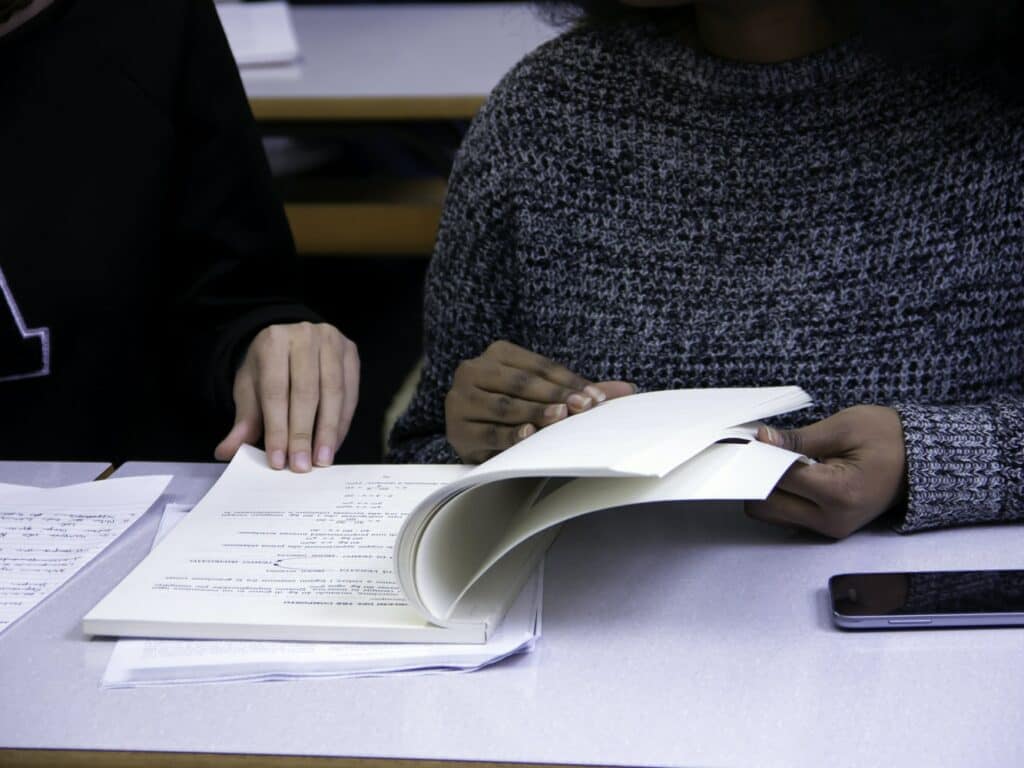
The brain is a tangled web of information. We don’t remember single facts, but instead we interlink everything by association. Anytime we experience a new event, our brains tie the sights, smells, sounds and our own impressions together into a new relationship.
Our brain remembers things by repetition, association, visual imagery, and all five senses. By knowing a bit about how the brain works, we can become better learners, absorbing new information faster than ever.
Here are some study tips to help get you started:
1. Use Flashcards
Our brains create engrained memories through repetition. The more times we hear, see, or repeat something to ourselves, the more likely we are to remember it.
Flashcards can help you learn new subjects quickly and efficiently. Flashcards allow you to study anywhere at any time. Their portable nature lends them to quick study sessions on the bus, in traffic, at lunch, or in the doctor’s office. You can always whip out your flashcards for a quick 2 to 3 minute study session.
To create effective flashcards, you need to put one point on each flashcard. Don’t load up the entire card with information. That’s just overload. Instead, you should dedicate one concept to each card.
One of the best ways to make flashcards is to put 1 question on the front and one answer on the back. This way, you can repeatedly quiz yourself into you have mastered any topic of your choice.
Commit to reading through your flash cards at least 3 times a day and you will be amazed at how quickly you pick up new information.
As Tony Robbins says,
“Repetition is the mother of skill”.
2. Create the Right Environment
Often times, where you study can be just as important as how you study. For an optimum learning environment, you’ll want to find a nice spot that is fairly peaceful. Some people can’t stand a deafening silence, but you certainly don’t want to study near constant distractions.
Find a spot that you can call your own, with plenty of room to spread out your stuff. Go there each time you study and you will find yourself adapting to a productive study schedule. When you study in the same place each time, you become more productive in that spot because you associate it with studying.
3. Use Acronyms to Remember Information
In your quest for knowledge, you may have once heard of an odd term called “mnemonics”. However, even if you haven’t heard of this word, you have certainly heard of its many applications. One of the most popular mnemonic examples is “Every Good Boy Does Fine”. This is an acronym used to help musicians and students to remember the notes on a treble clef stave.
An acronym is simply an abbreviation formed using the intial letters of a word. These types of memory aids can help you to learn large quantities of information in a short period of time.
4. Listen to Music
Research has long shown that certain types of music help you to recall information. Information learned while listening to a particular song can often be remembered simply by “playing” the songs mentally in your head.
5. Rewrite Your Notes
This can be done by hand or on the computer. However, you should keep in mind that writing by hand can often stimulate more neural activity than when writing on the computer.
Everyone should study their notes at home but often times, simply re-reading them is too passive. Re-reading your notes can cause you to become disengaged and distracted.
To get the most out of your study time, make sure that it is active. Rewriting your notes turns a passive study time into an active and engaging learning tool. You can begin using this technique by buying two notebooks for each of your classes. Dedicate one of the notebooks for making notes during each class. Dedicate the other notebook to rewriting your notes outside of class.
6. Engage Your Emotions
Emotions play a very important part in your memory. Think about it. The last time you went to a party, which people did you remember? The lady who made you laugh, the man who hurt your feelings, and the kid who went screaming through the halls are the ones you will remember. They are the ones who had an emotional impact.
Fortunately, you can use the power of emotion in your own study sessions. Enhance your memory by using your five senses. Don’t just memorize facts. Don’t just see and hear the words in your mind. Create a vivid visual picture of what you are trying to learn.
For example, if you are trying to learn the many parts of a human cell, begin physically rotating the cell in your minds eye. Imagine what each part might feel like. Begin to take the cell apart piece by piece and then reconstruct it. Paint the human cell with vivid colors. Enlarge the cell in your mind’s eye so that it is now six feet tall and putting on your own personal comedy show. This visual and emotional mind play will help deeply encode information into your memory.
7. Make Associations
One of the best ways to learn new things is to relate what you want to learn with something you already know. This is known as association, and it is the mental glue that drives your brain.
Have you ever listened to a song and been flooded by memories that were connected to it? Have you ever seen an old friend that triggered memories from childhood? This is the power of association.
To maximize our mental powers, we must constantly be looking for ways to relate new information with old ideas and concepts that we are already familiar with.
You can do this with the use of mindmapping. A mind map is used to diagram words, pictures, thoughts, and ideas into a an interconnected web of information. This simple practice will help you to connect everything you learn into a global network of knowledge that can be pulled from at any moment.
Learn more about mindmapping here: How to Mind Map to Visualize Your Thoughts (With Mind Map Examples)
Featured photo credit: Alissa De Leva via unsplash.com



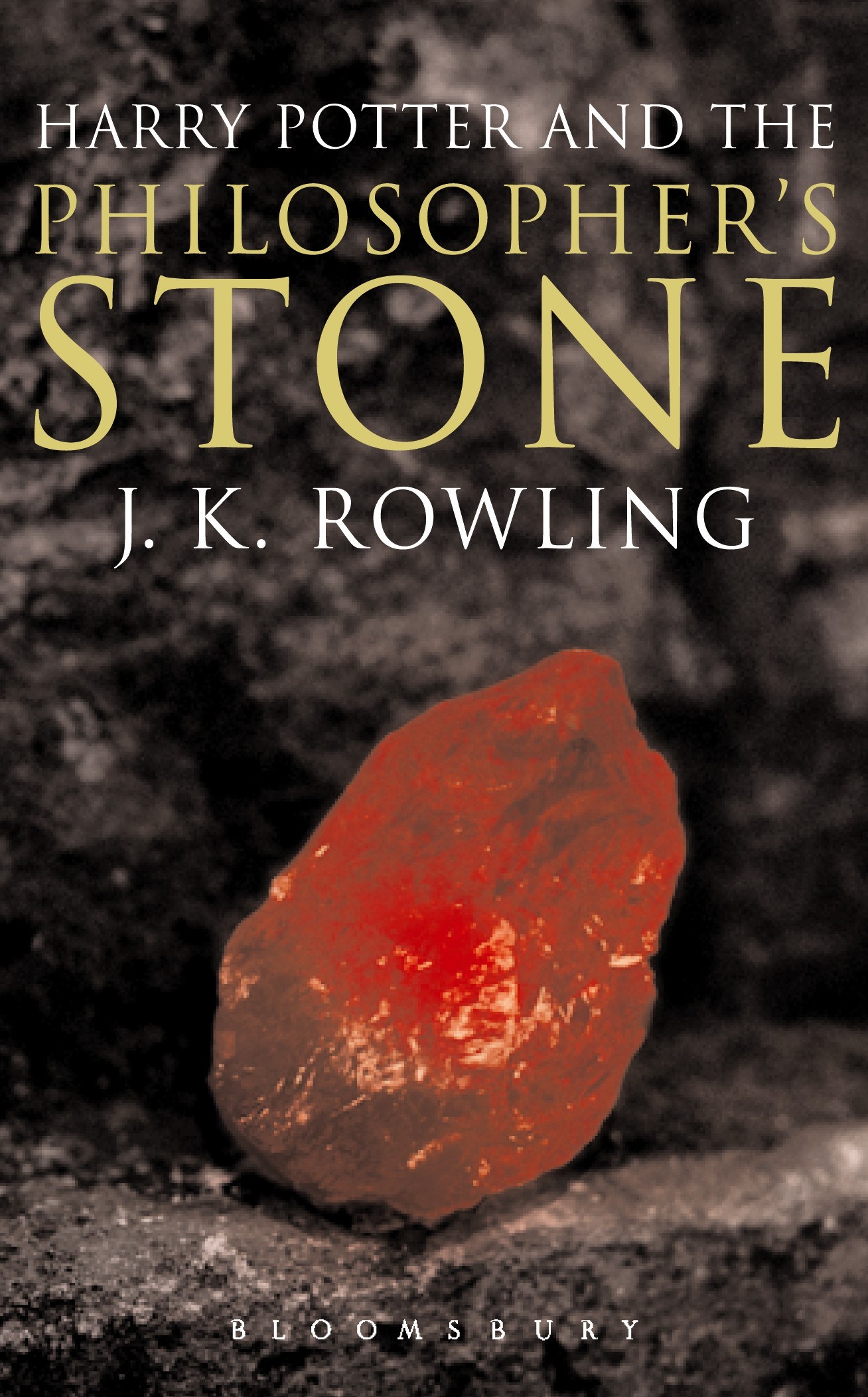
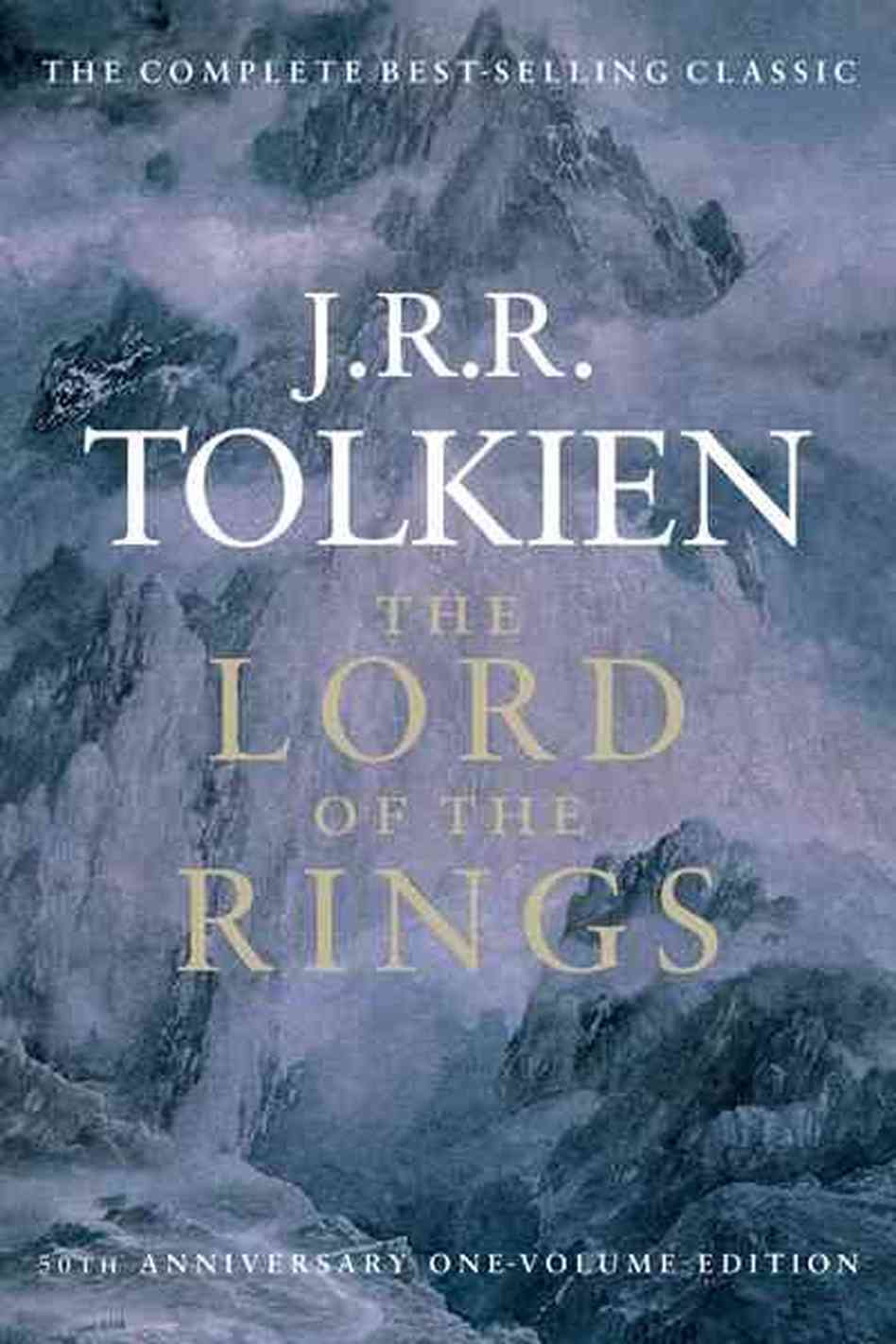
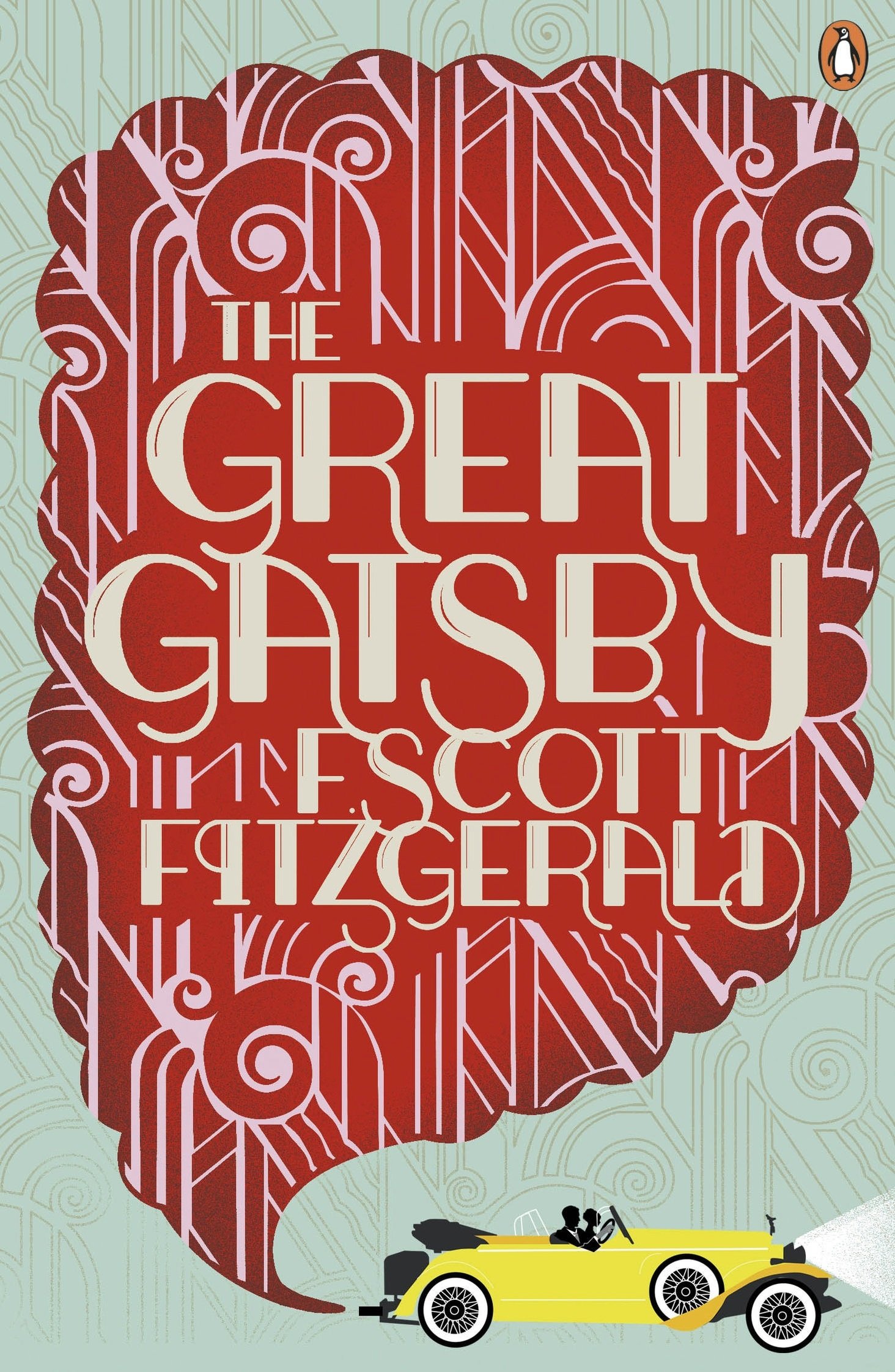
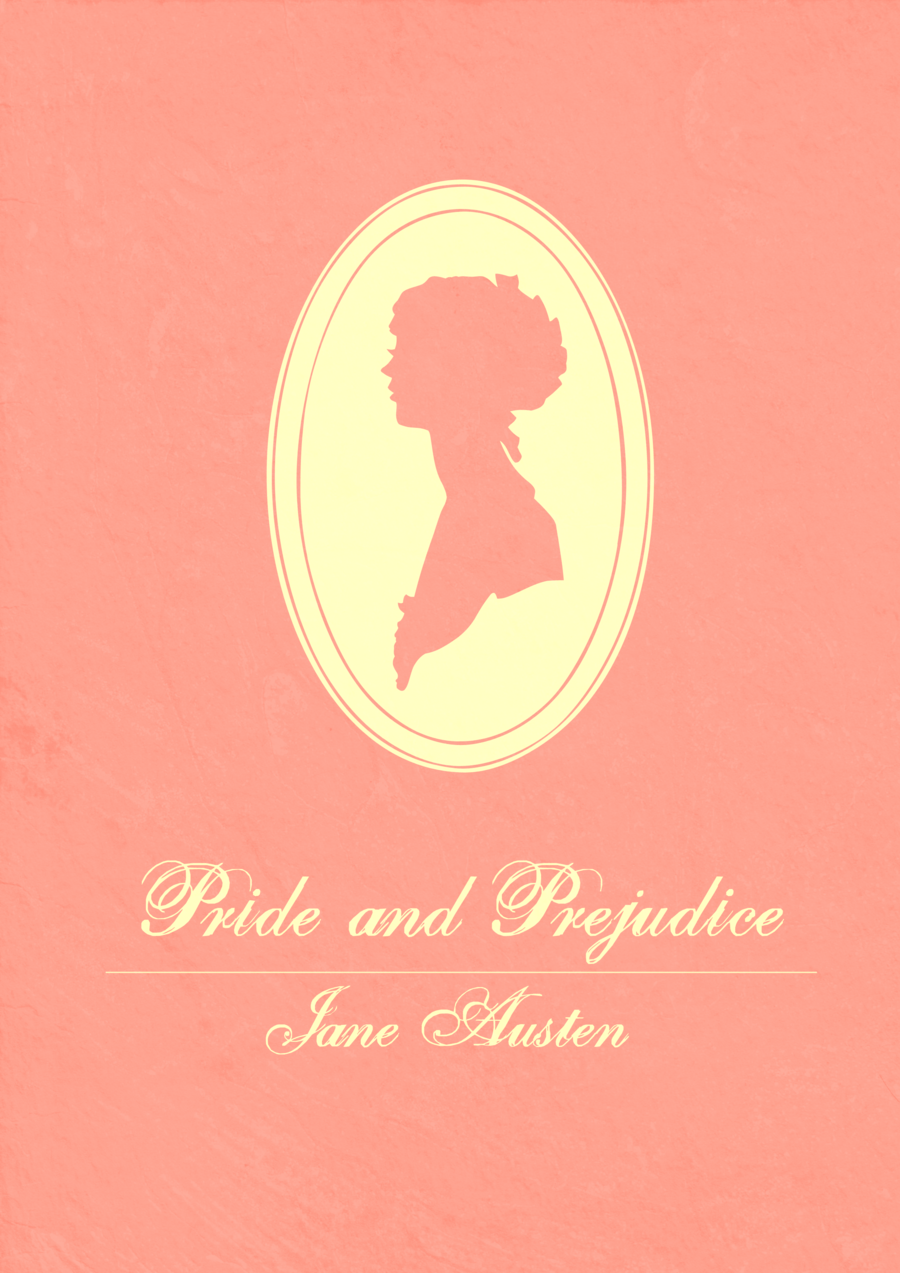
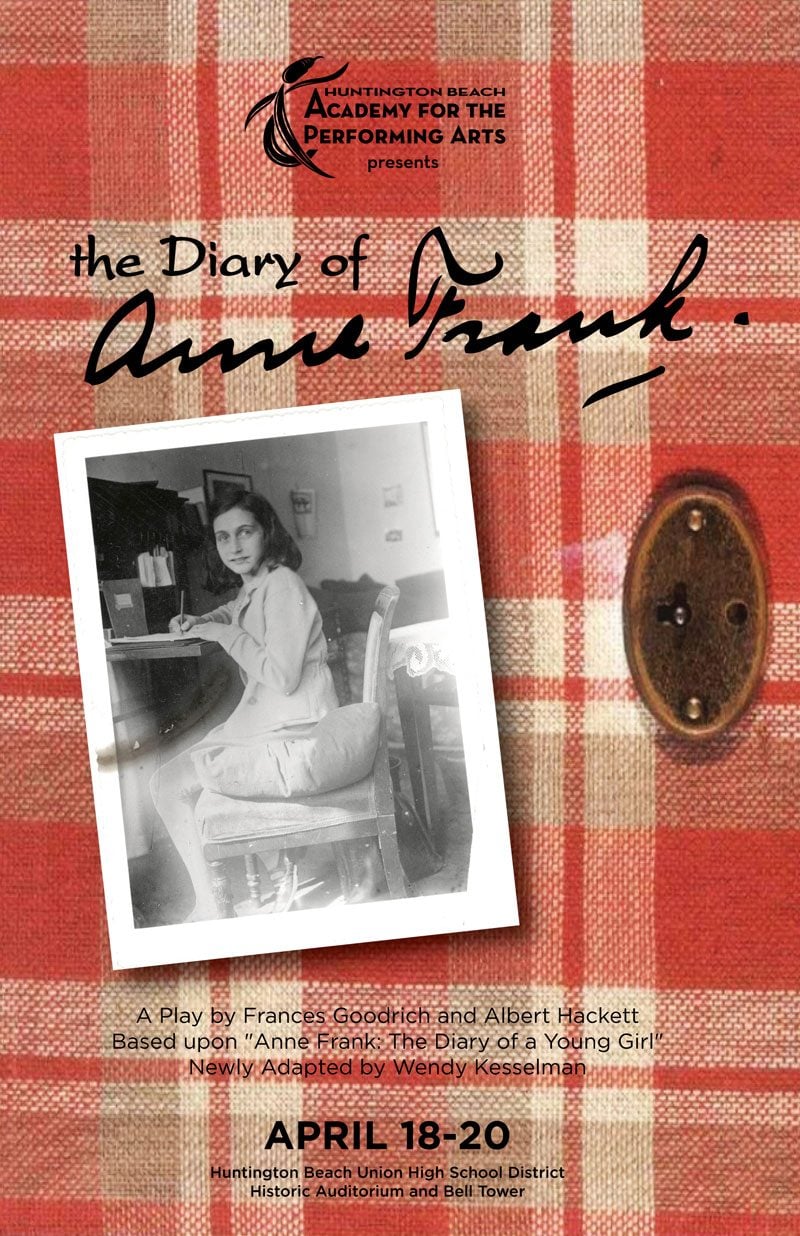
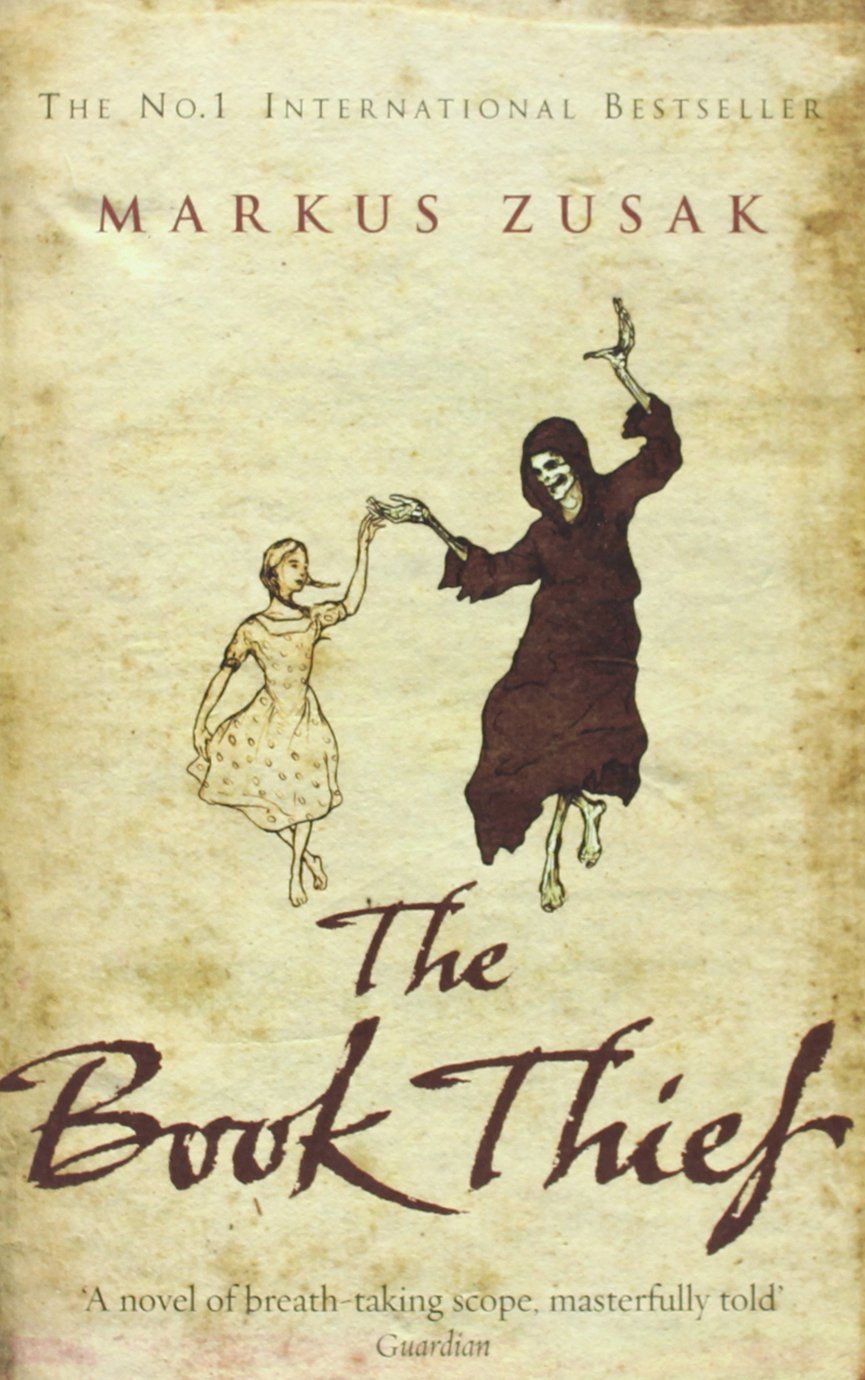
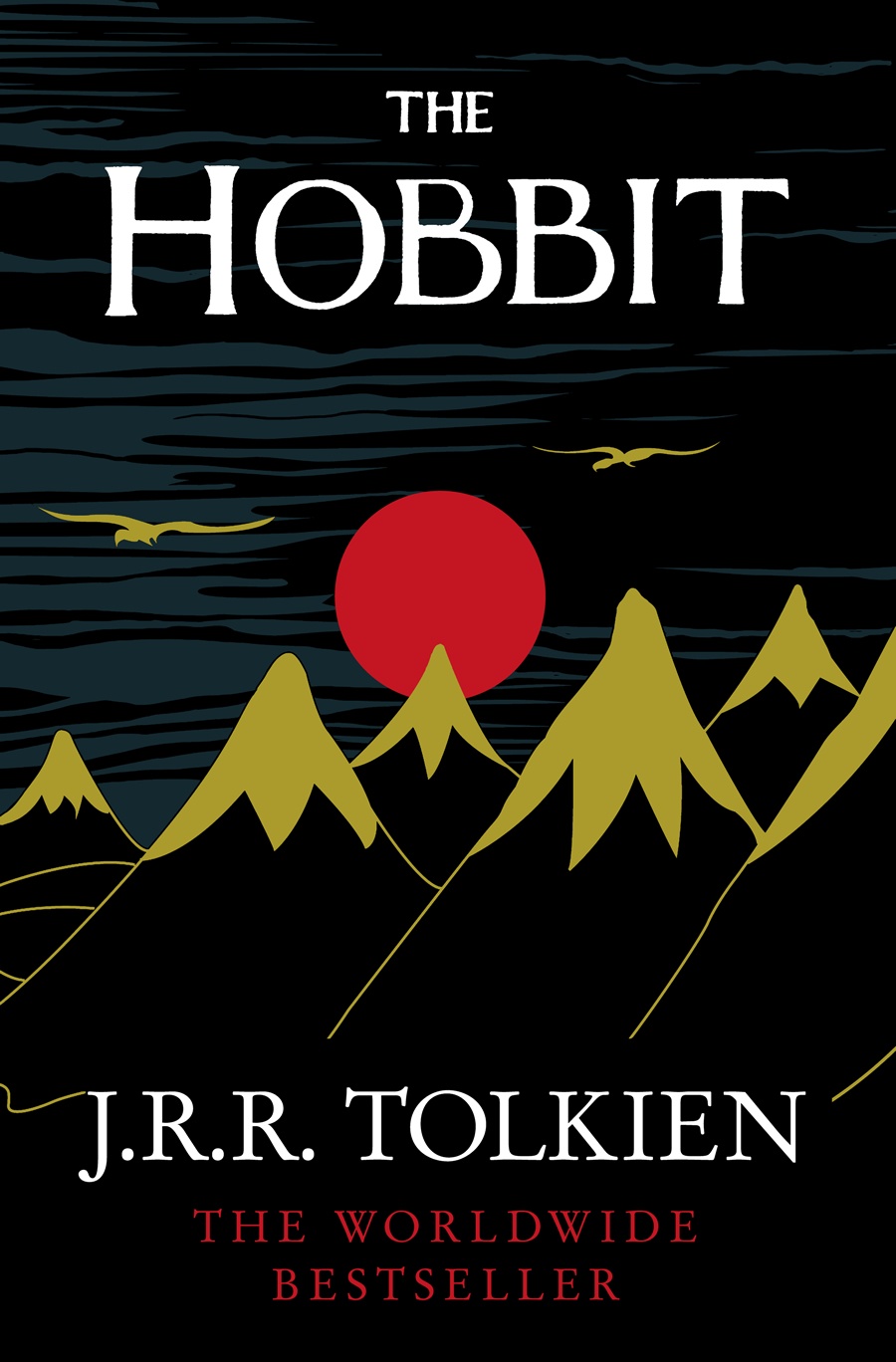
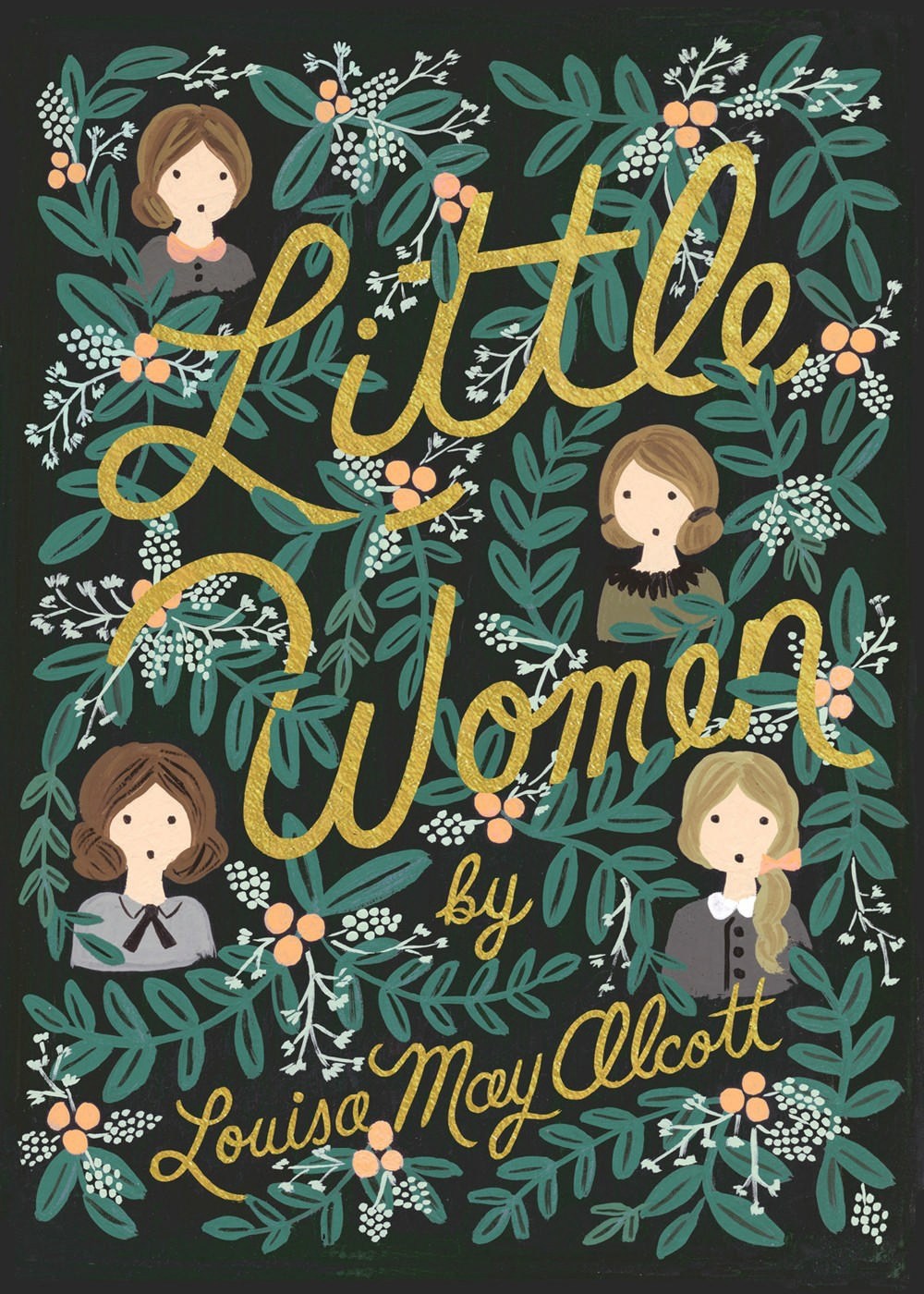
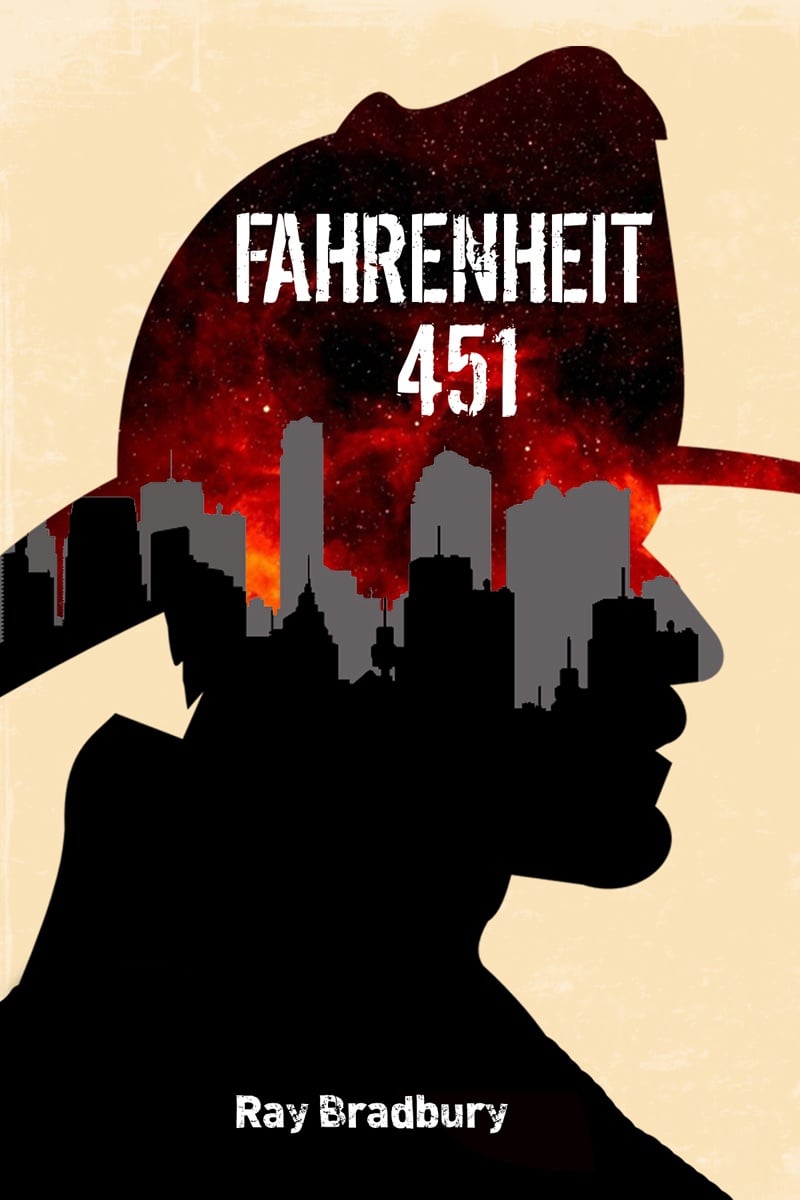
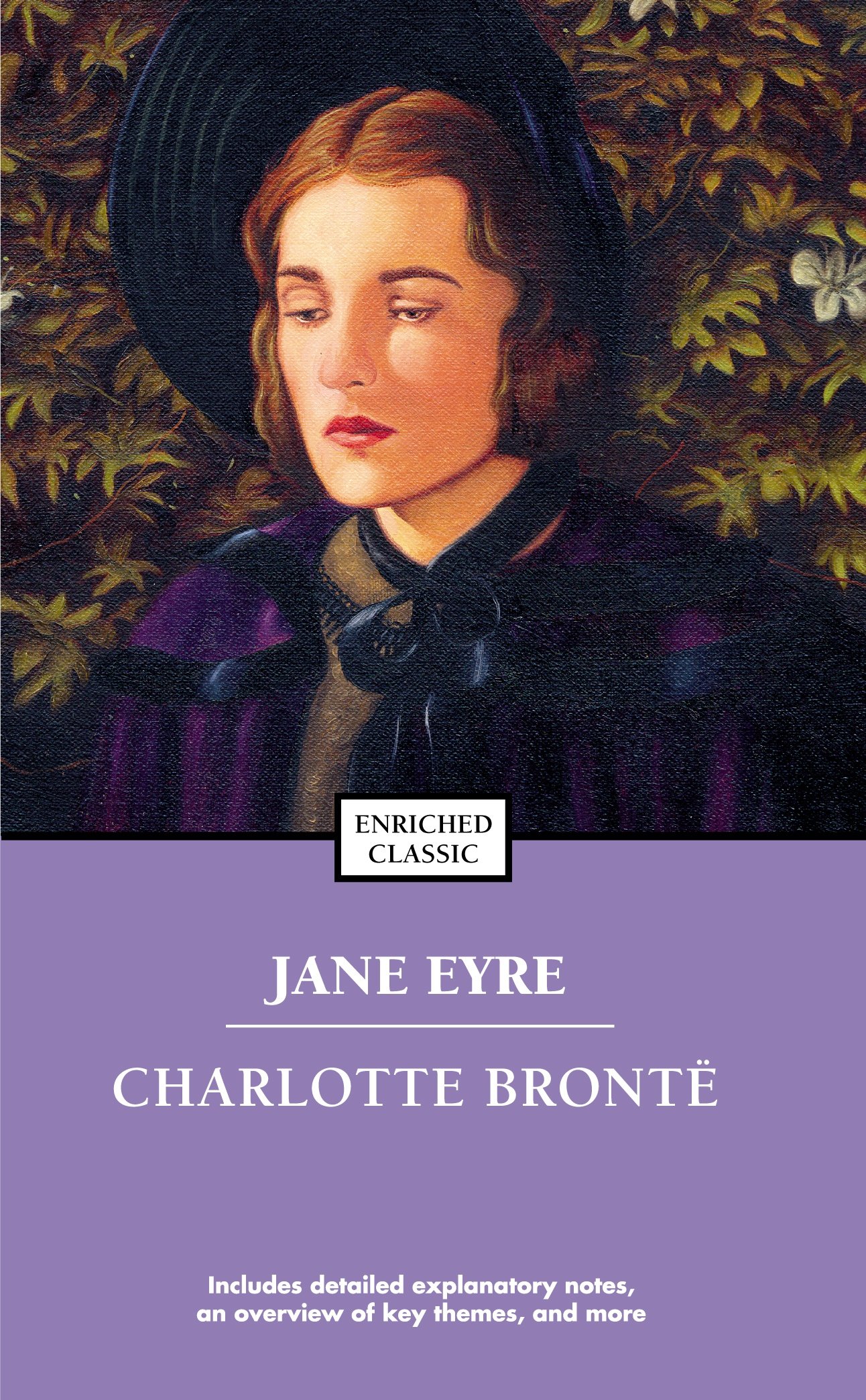
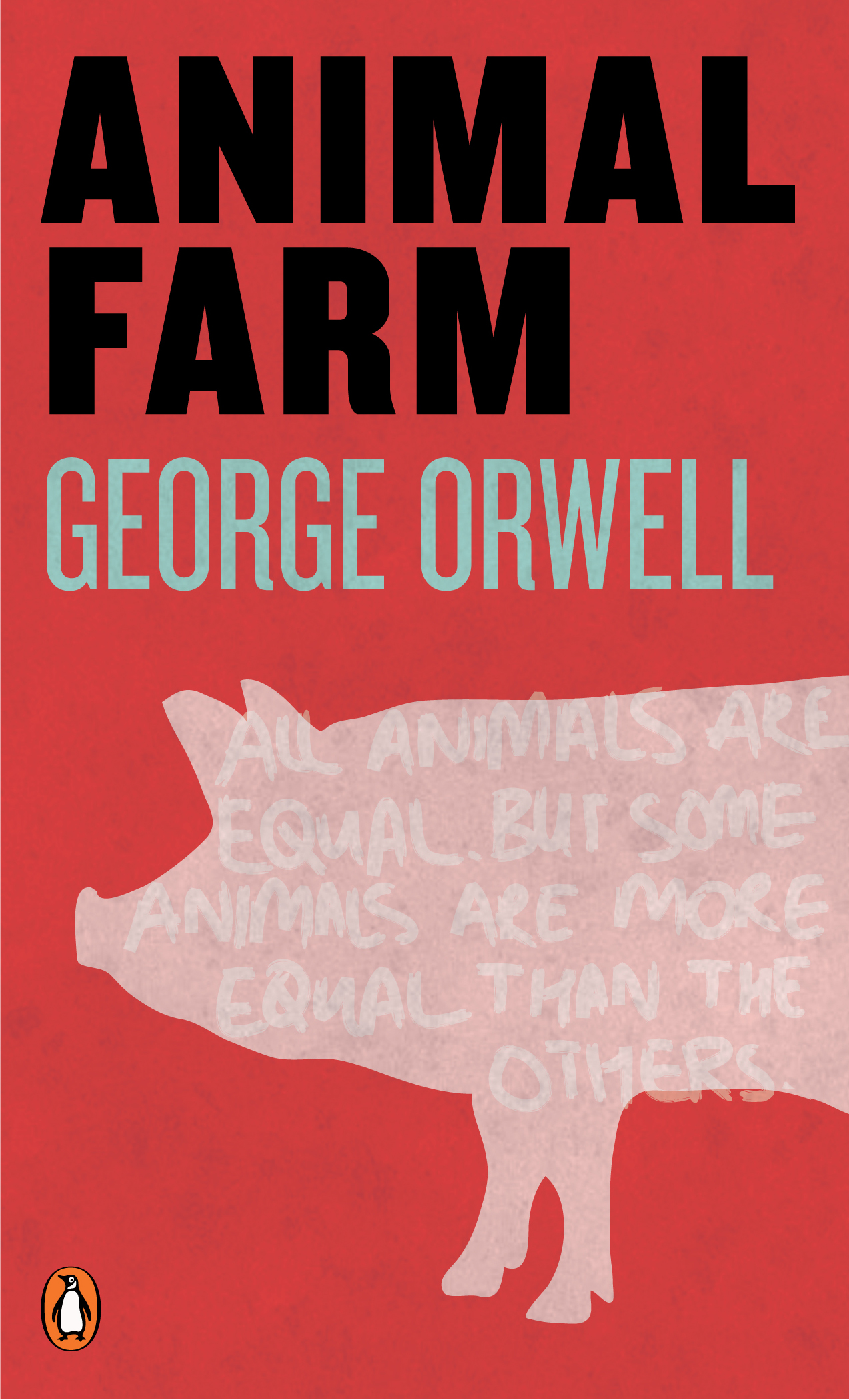
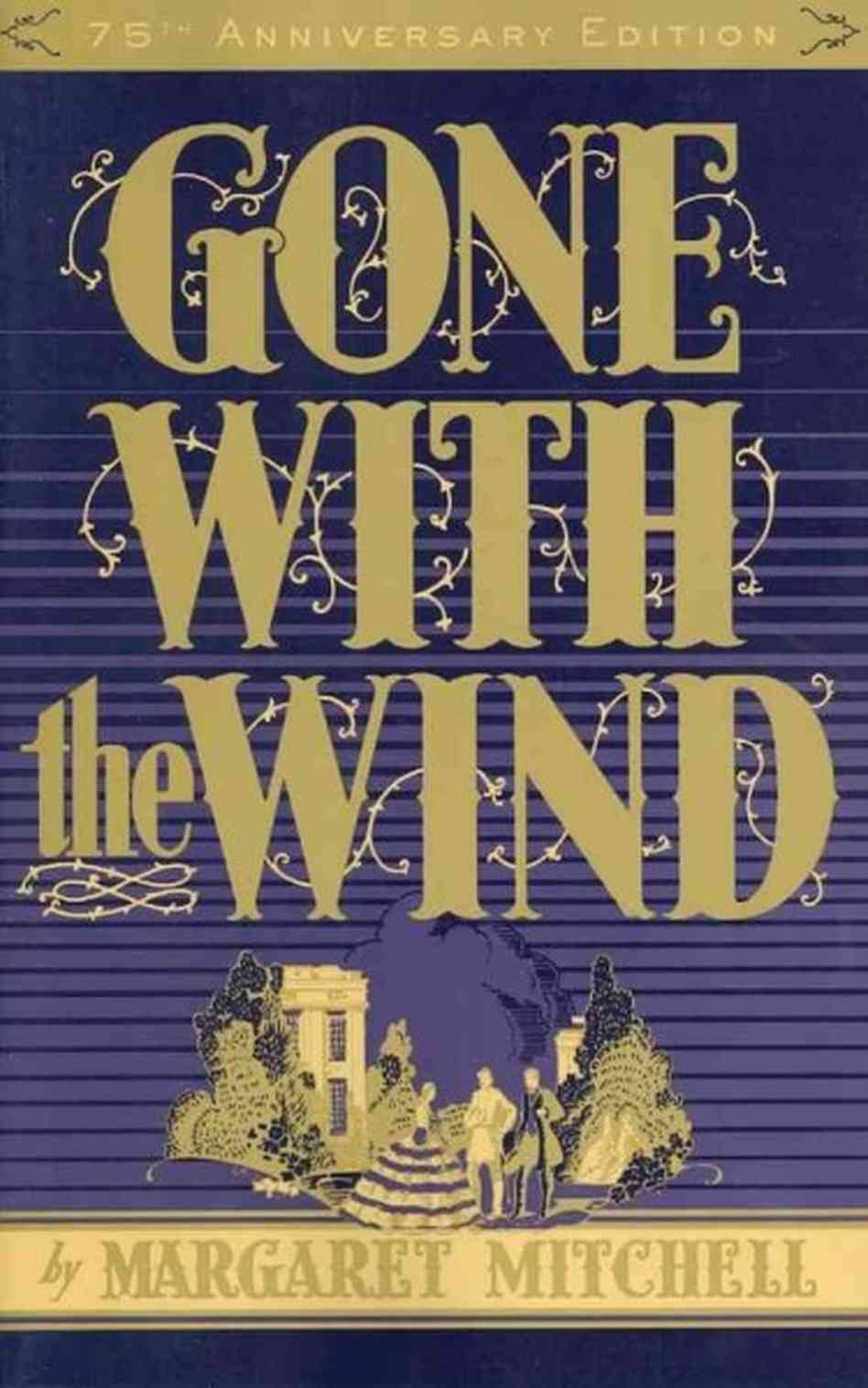
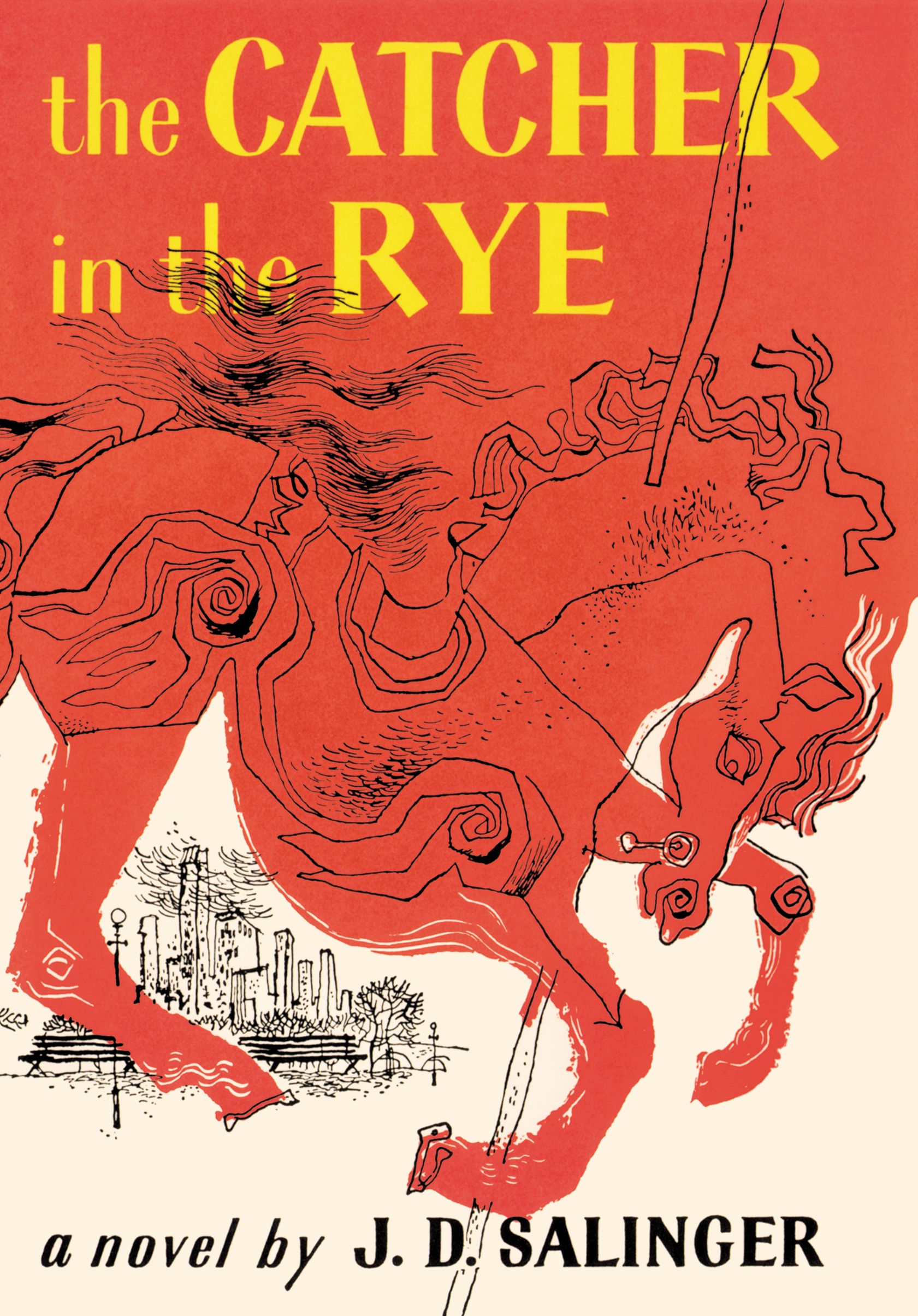
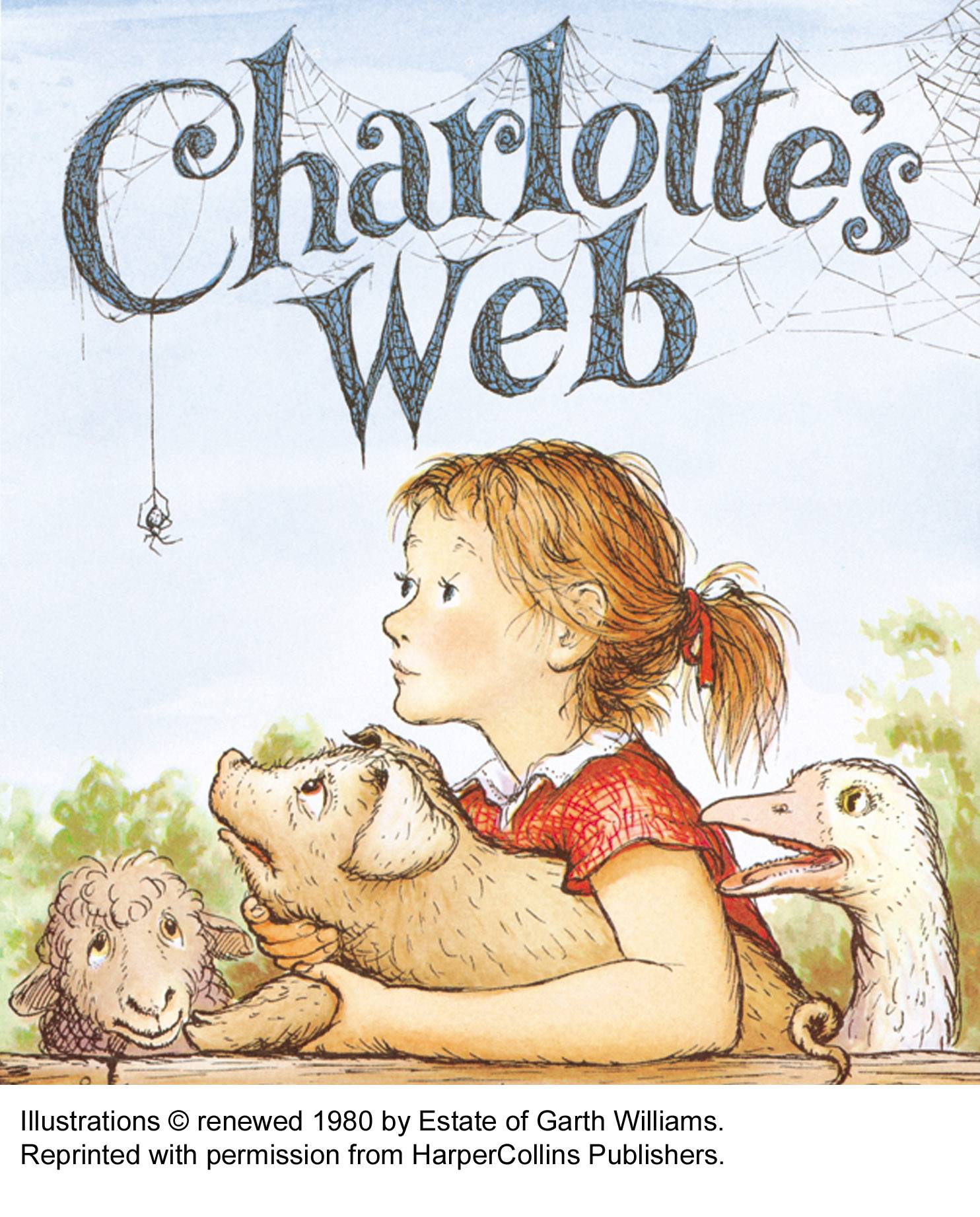
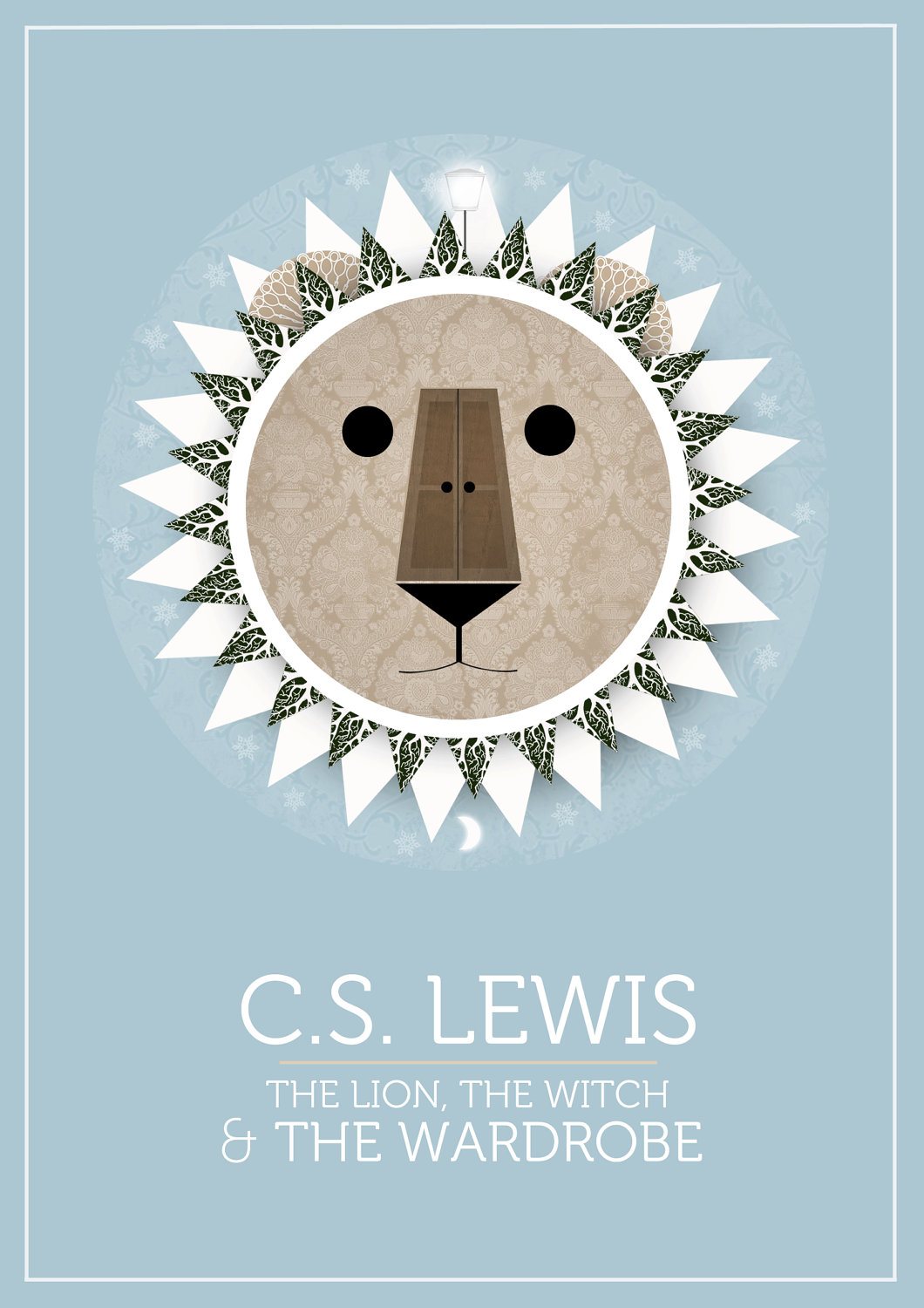
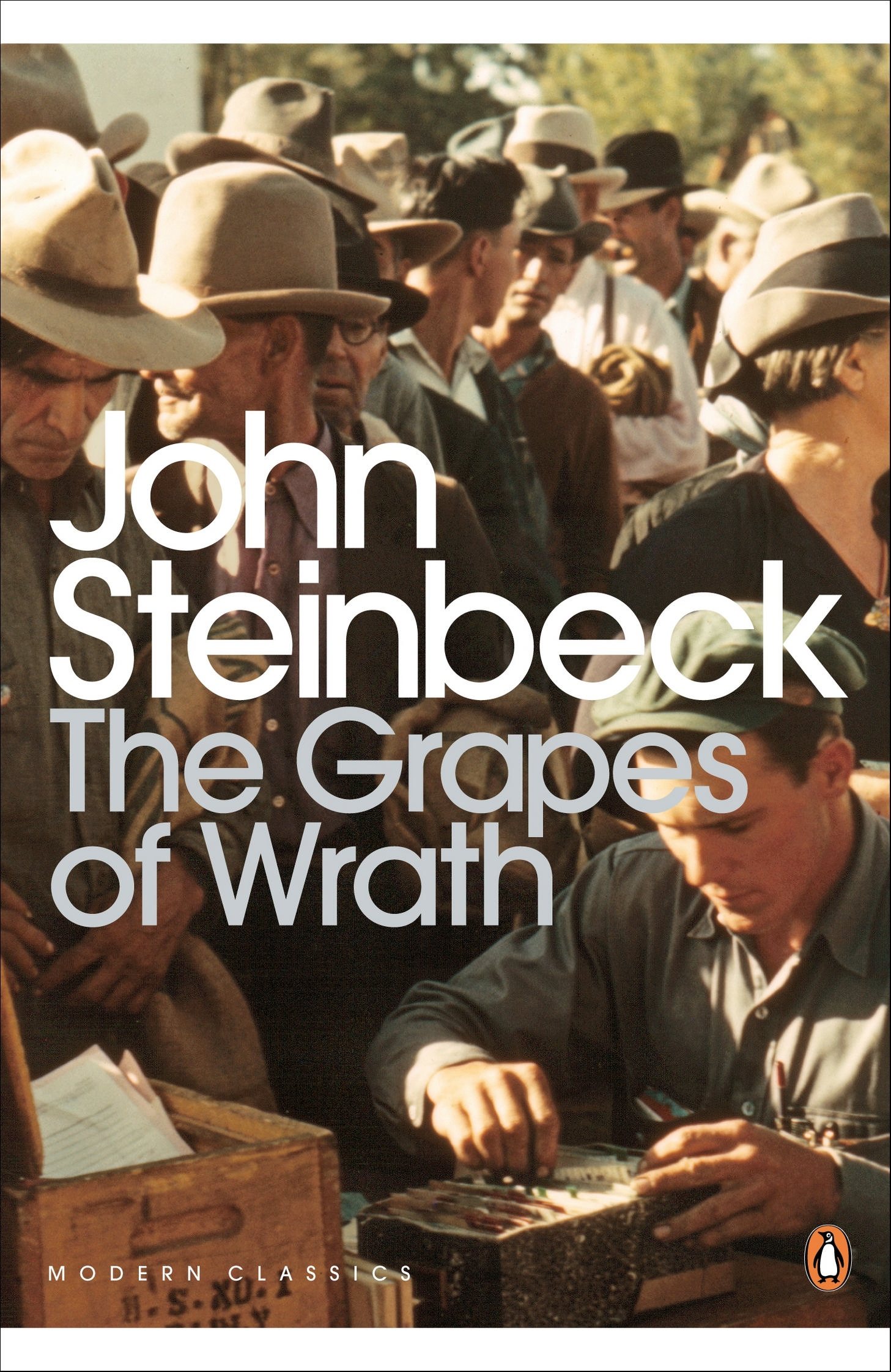
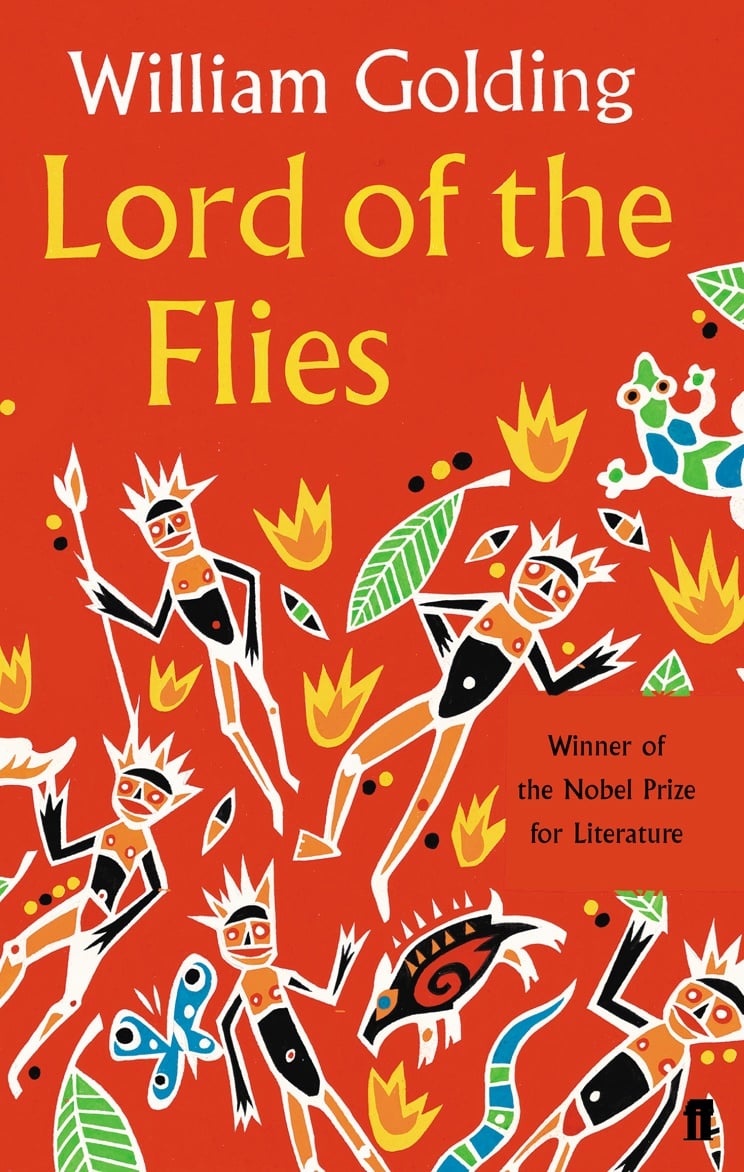
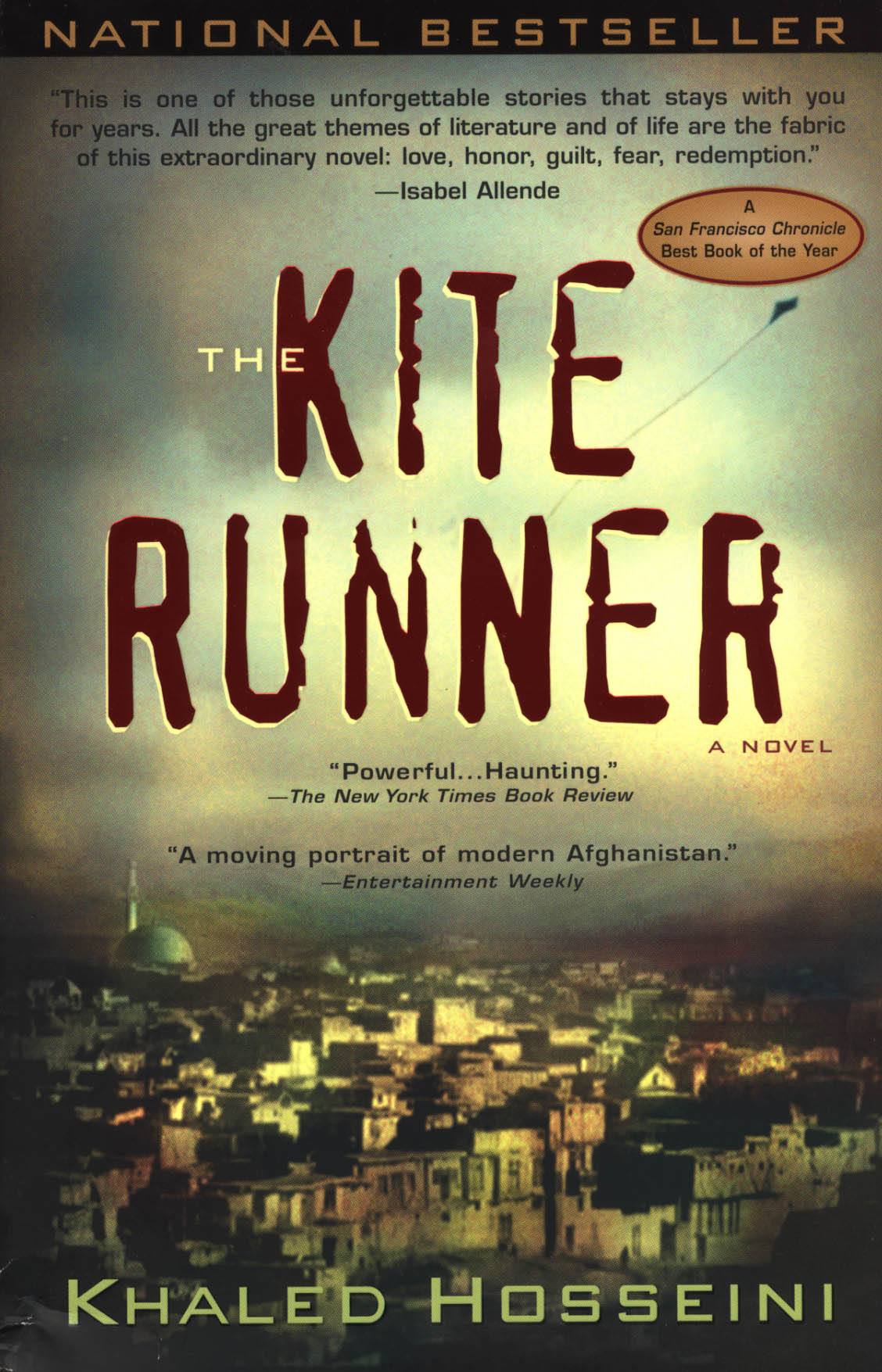

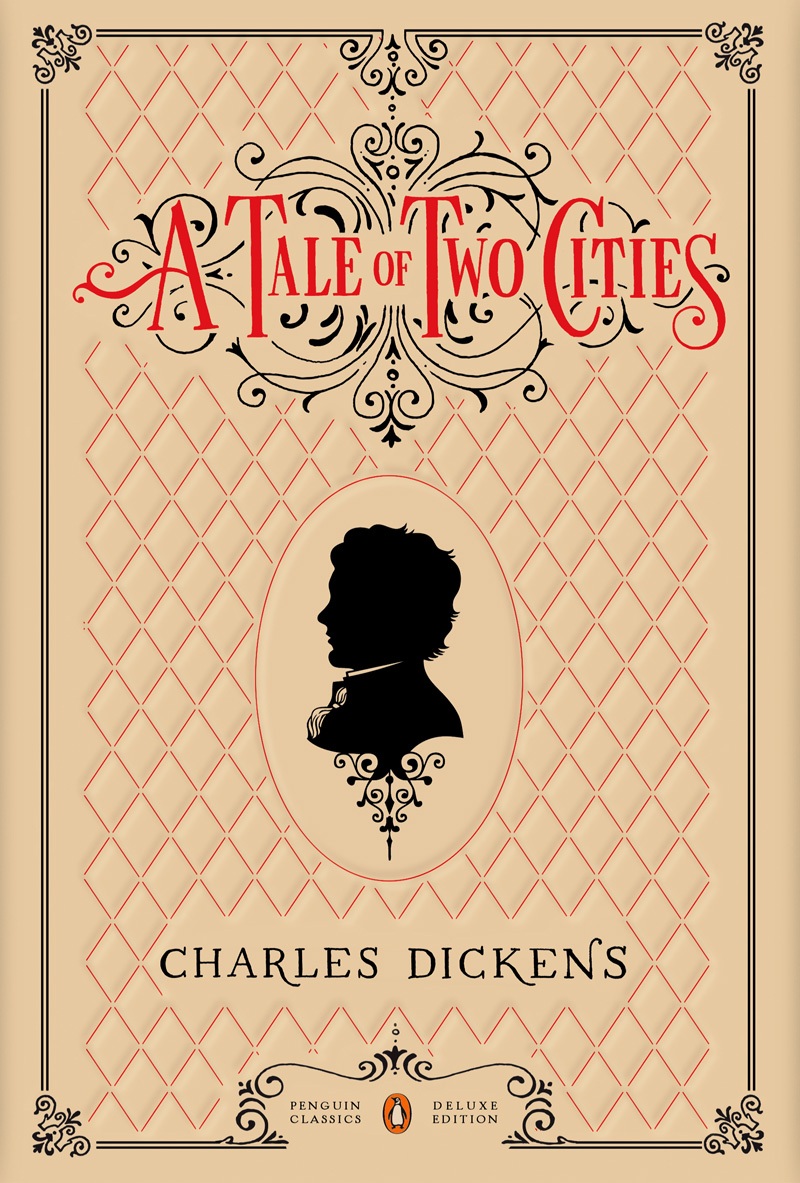
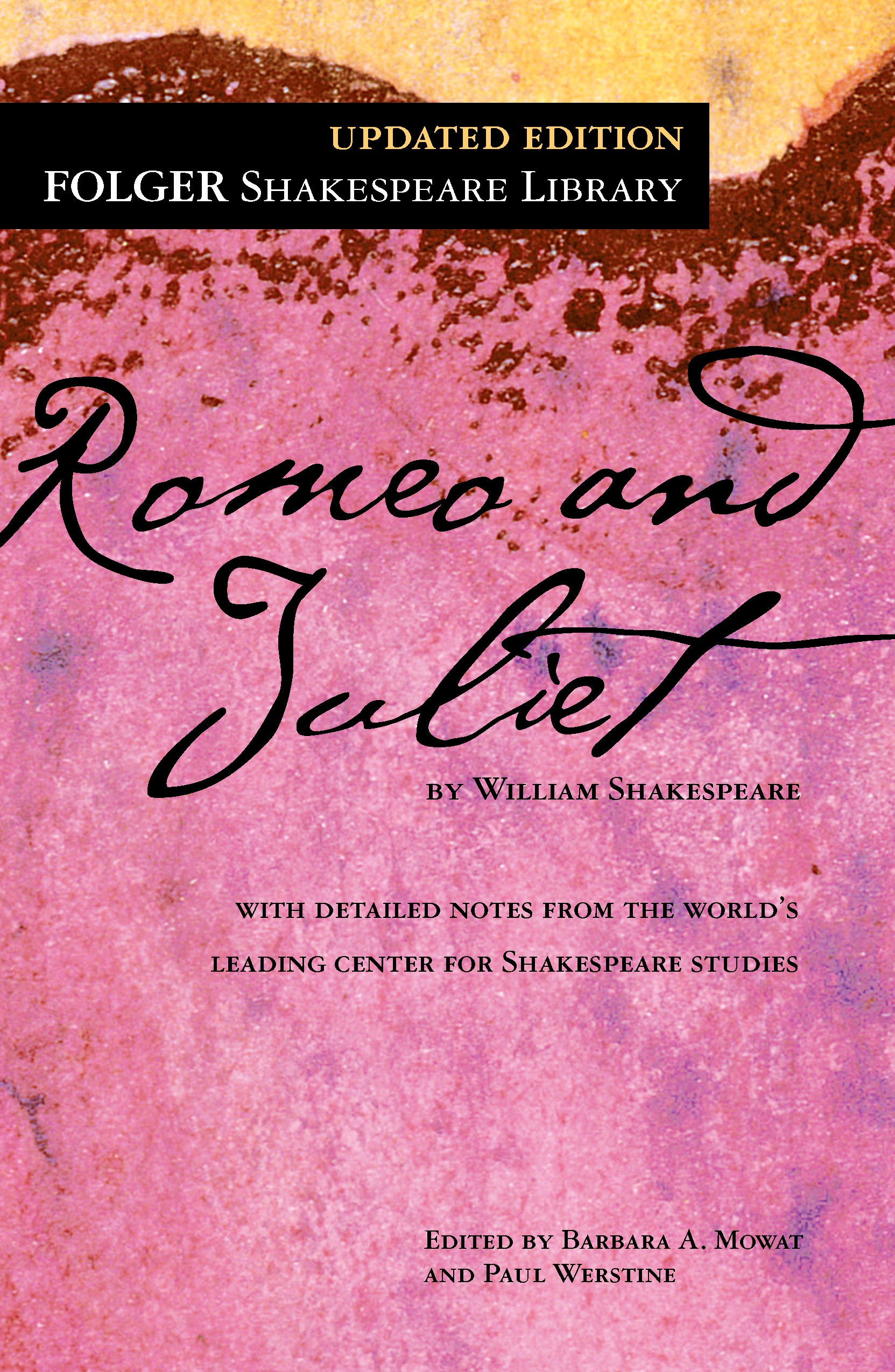
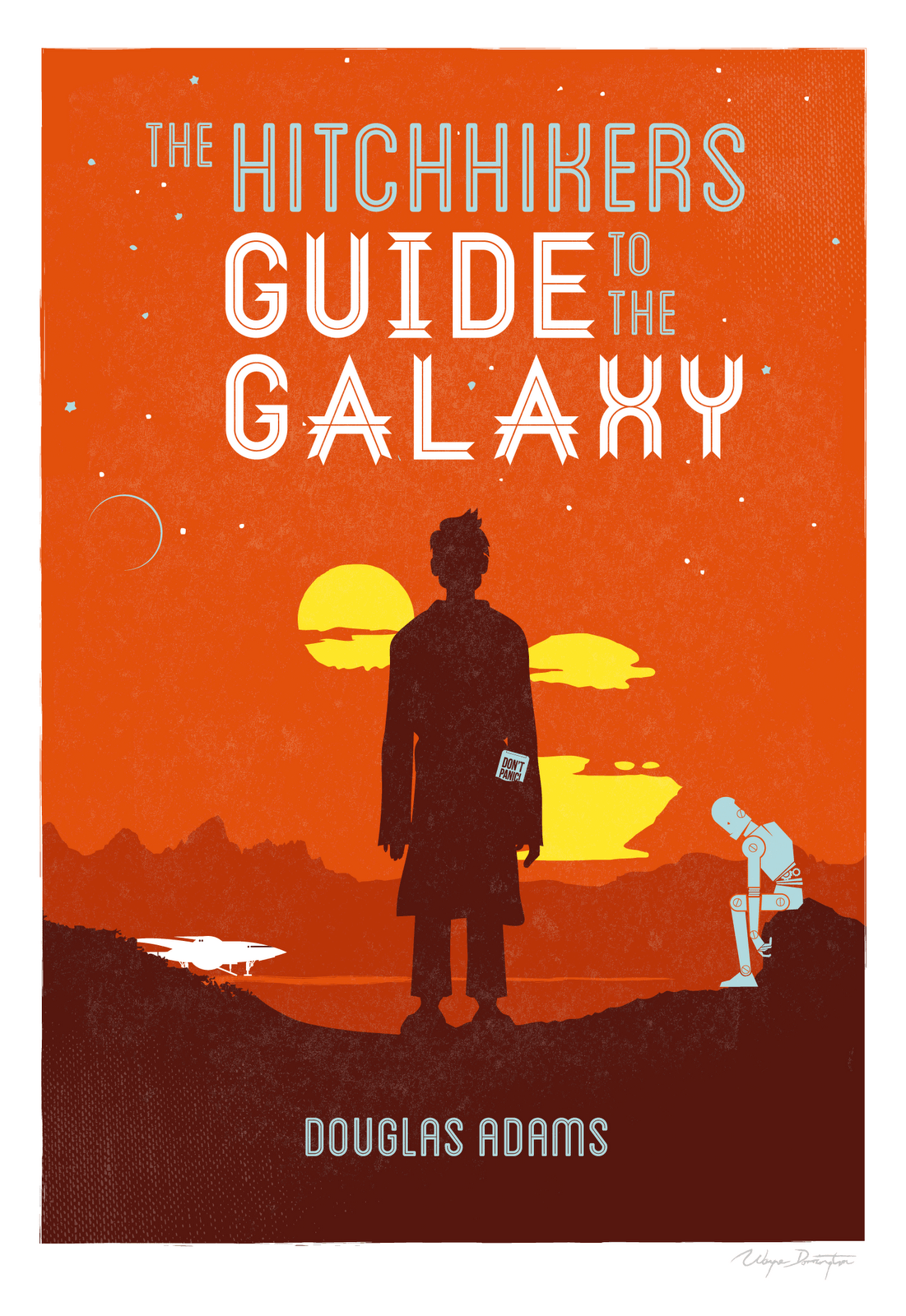
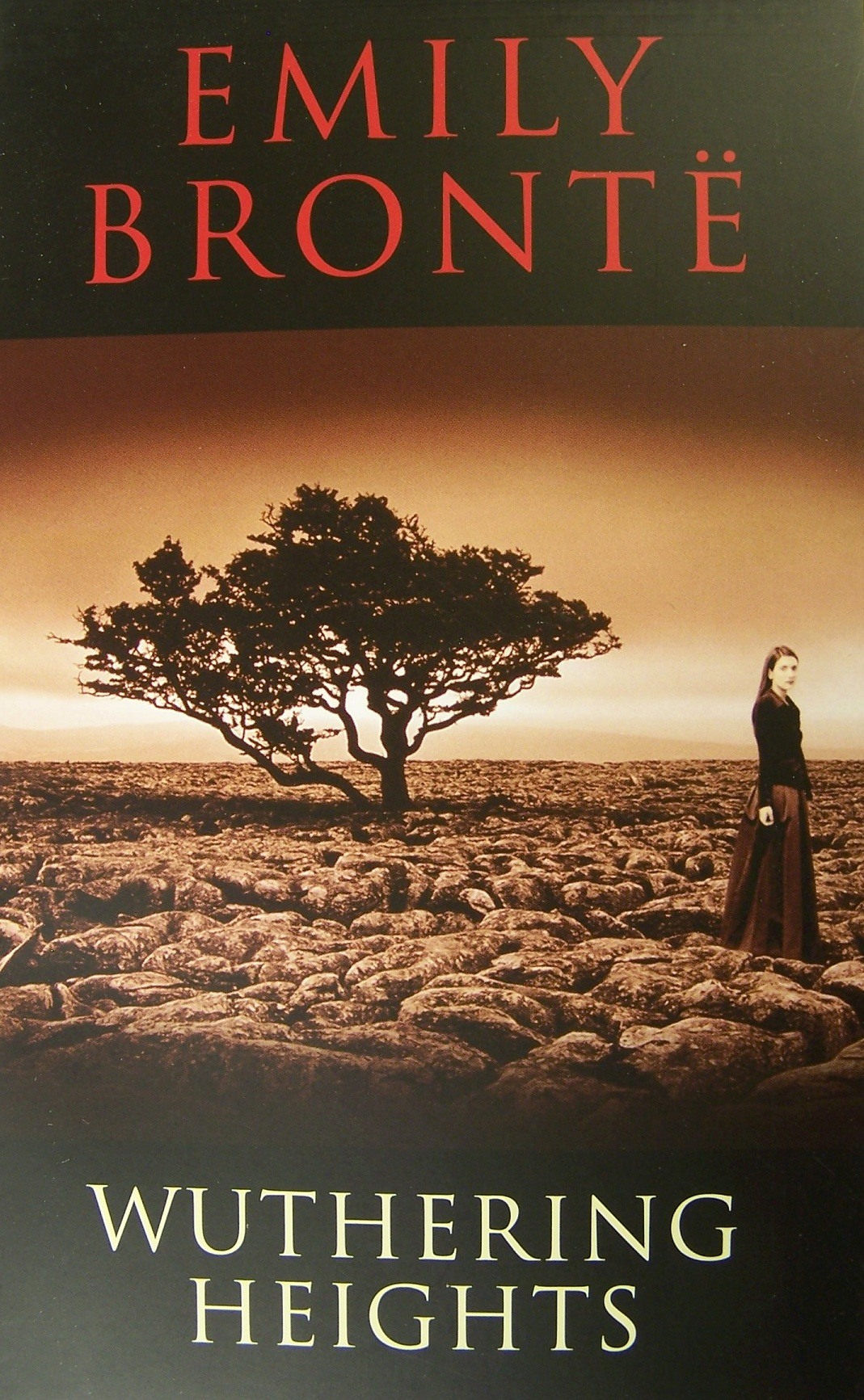

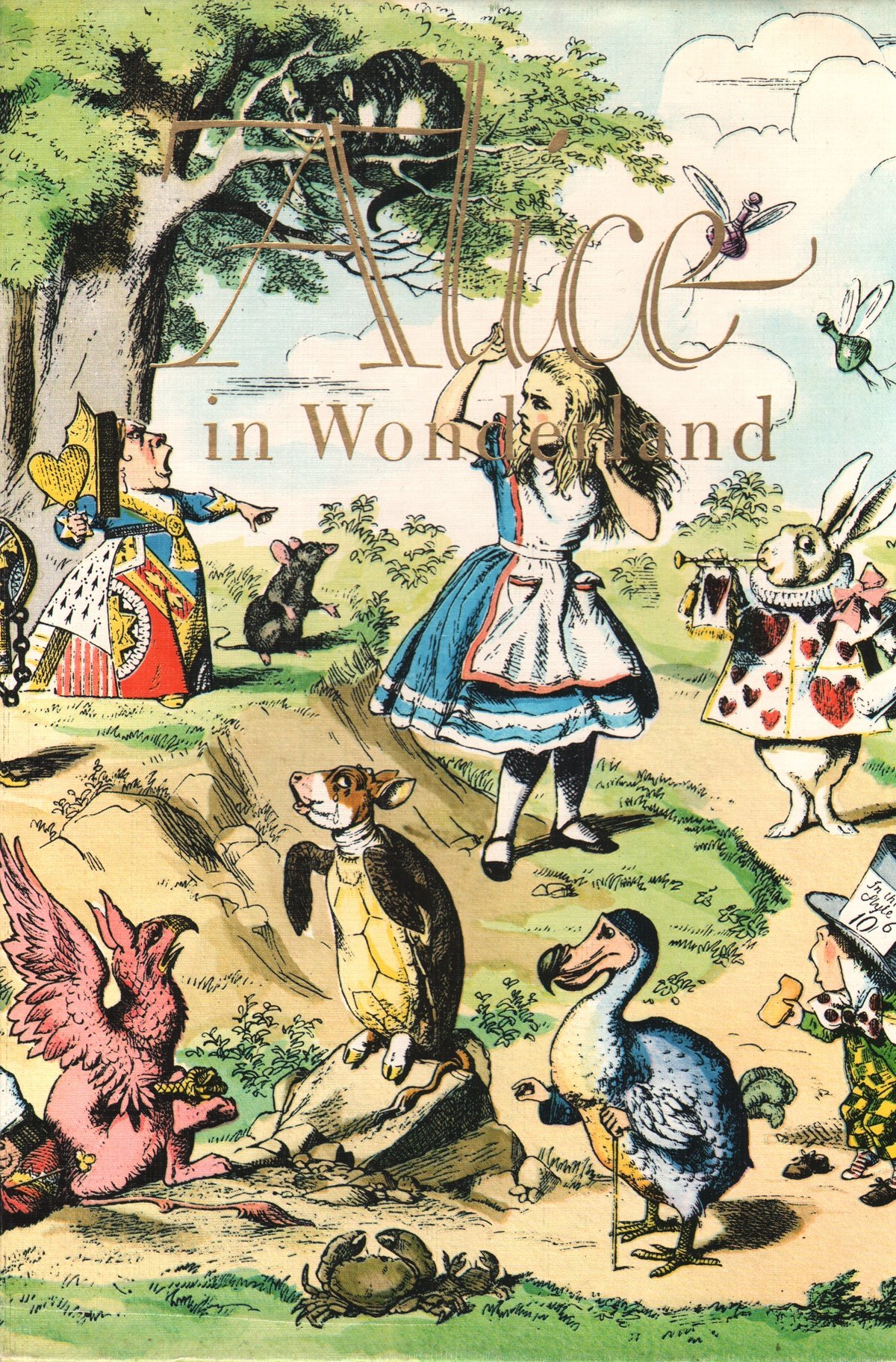
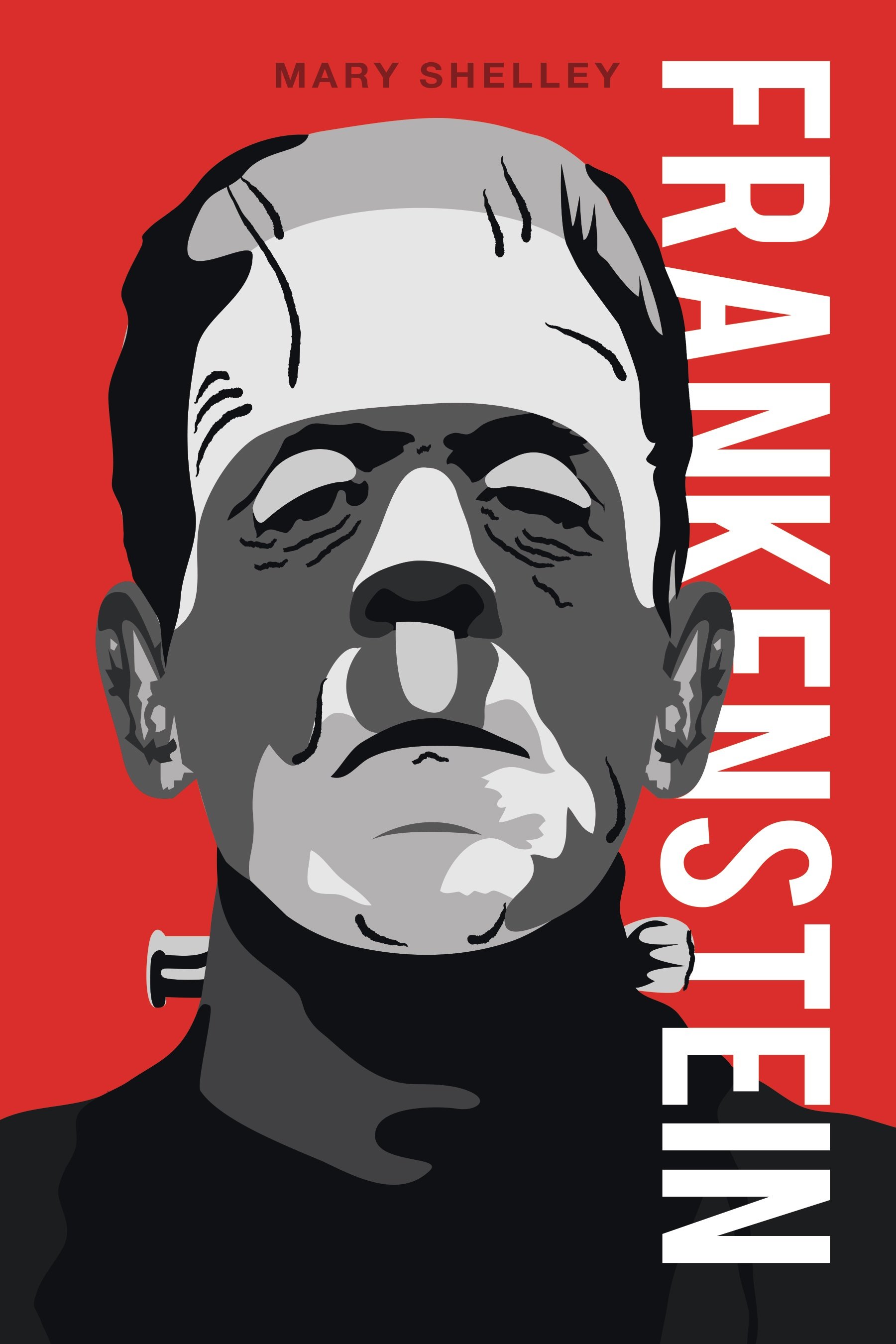
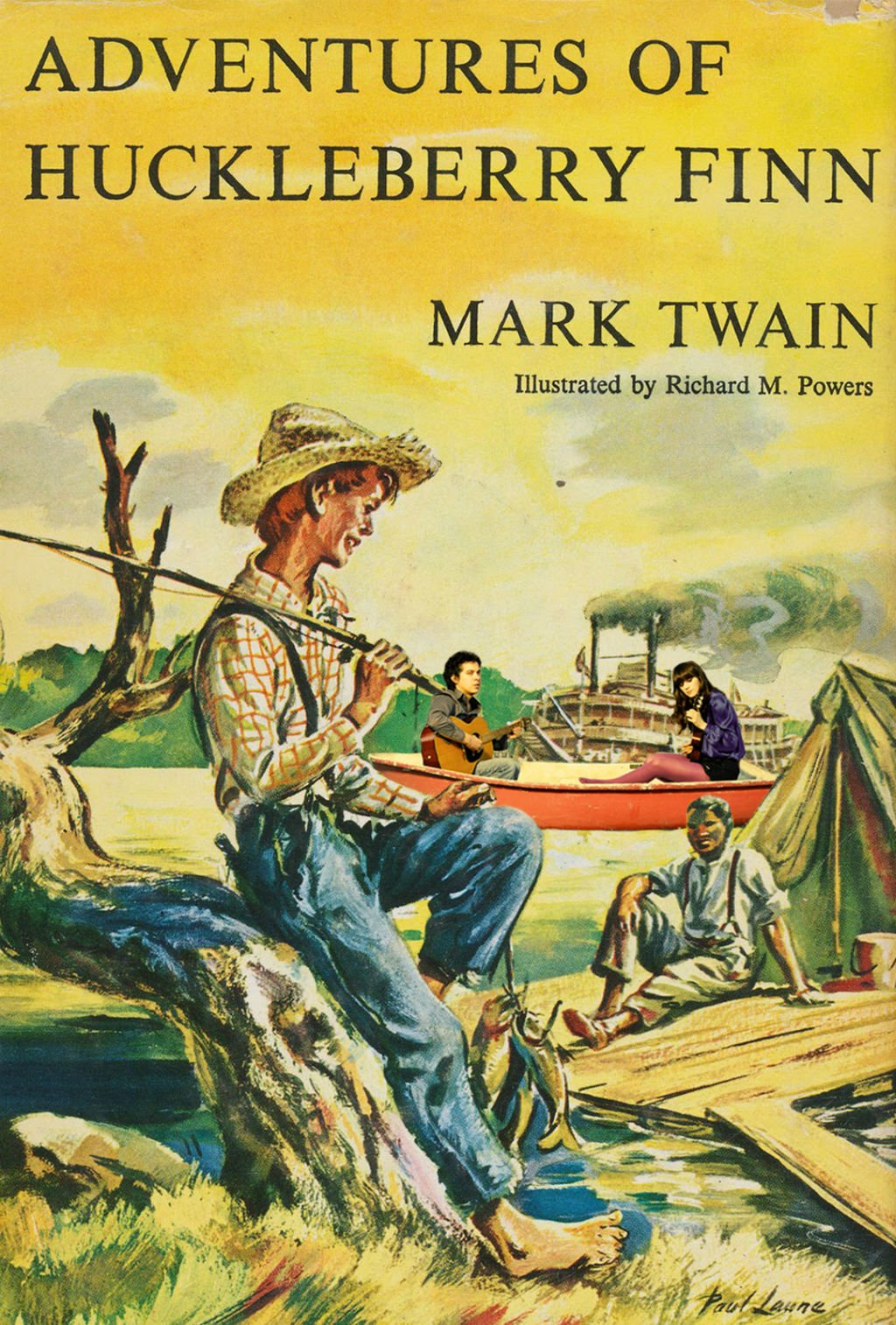
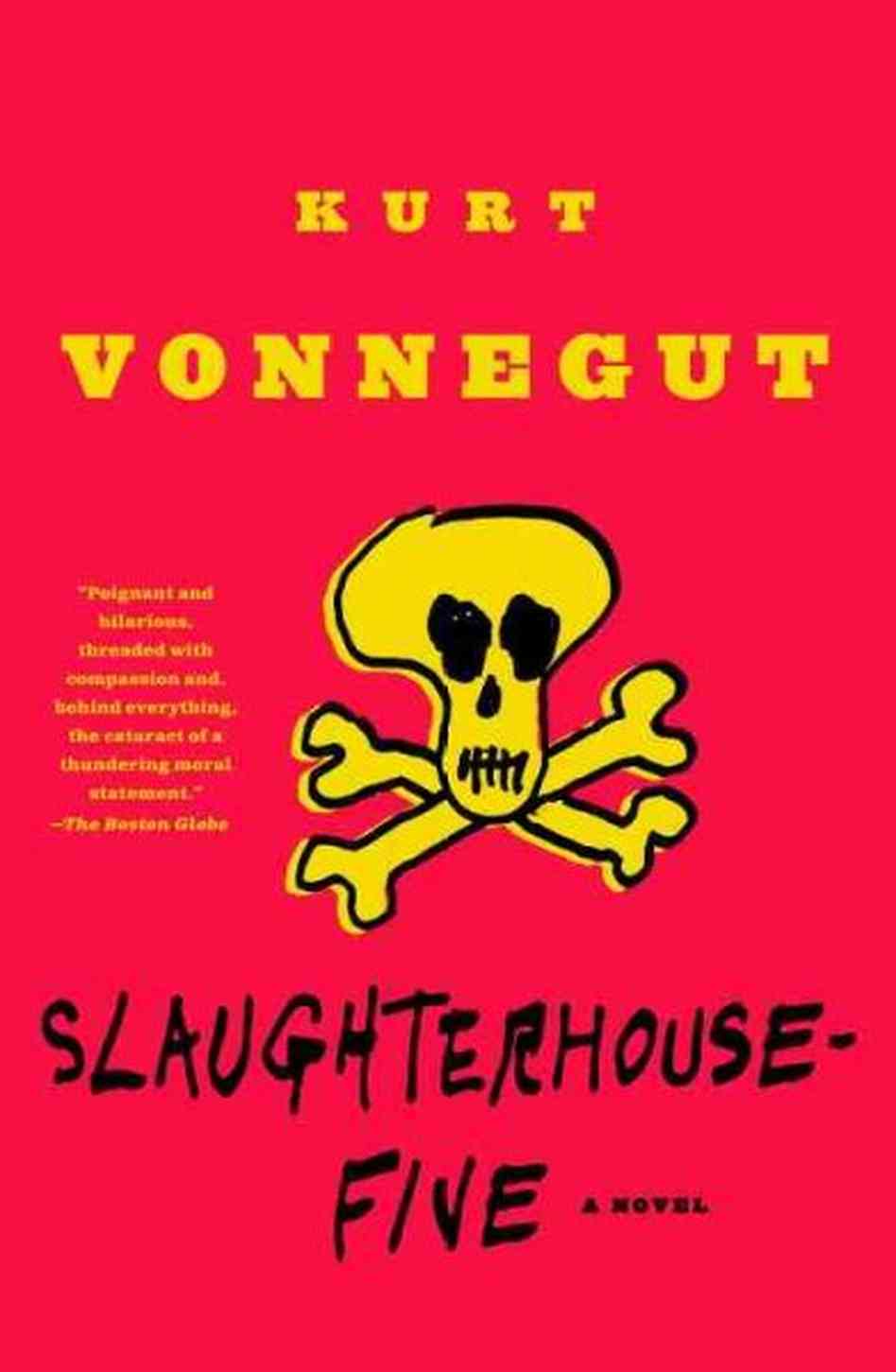









Comments
Post a Comment